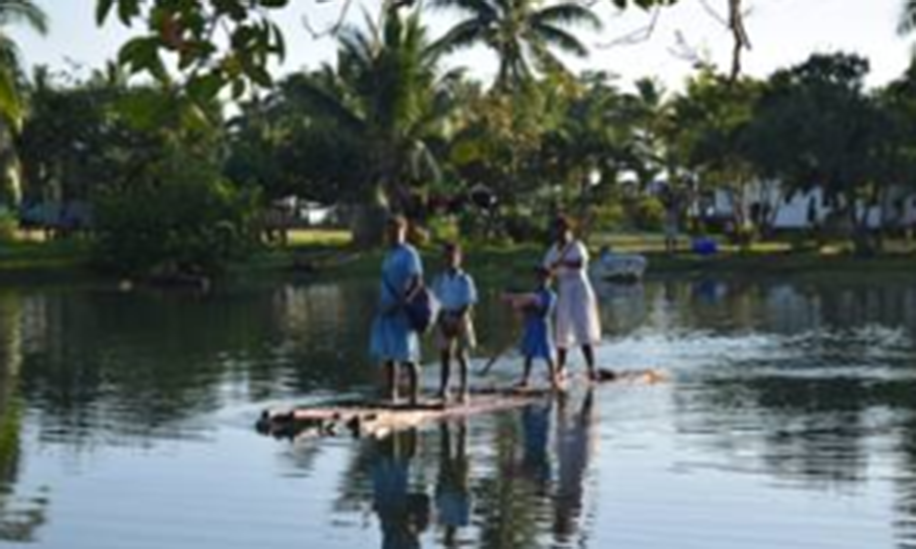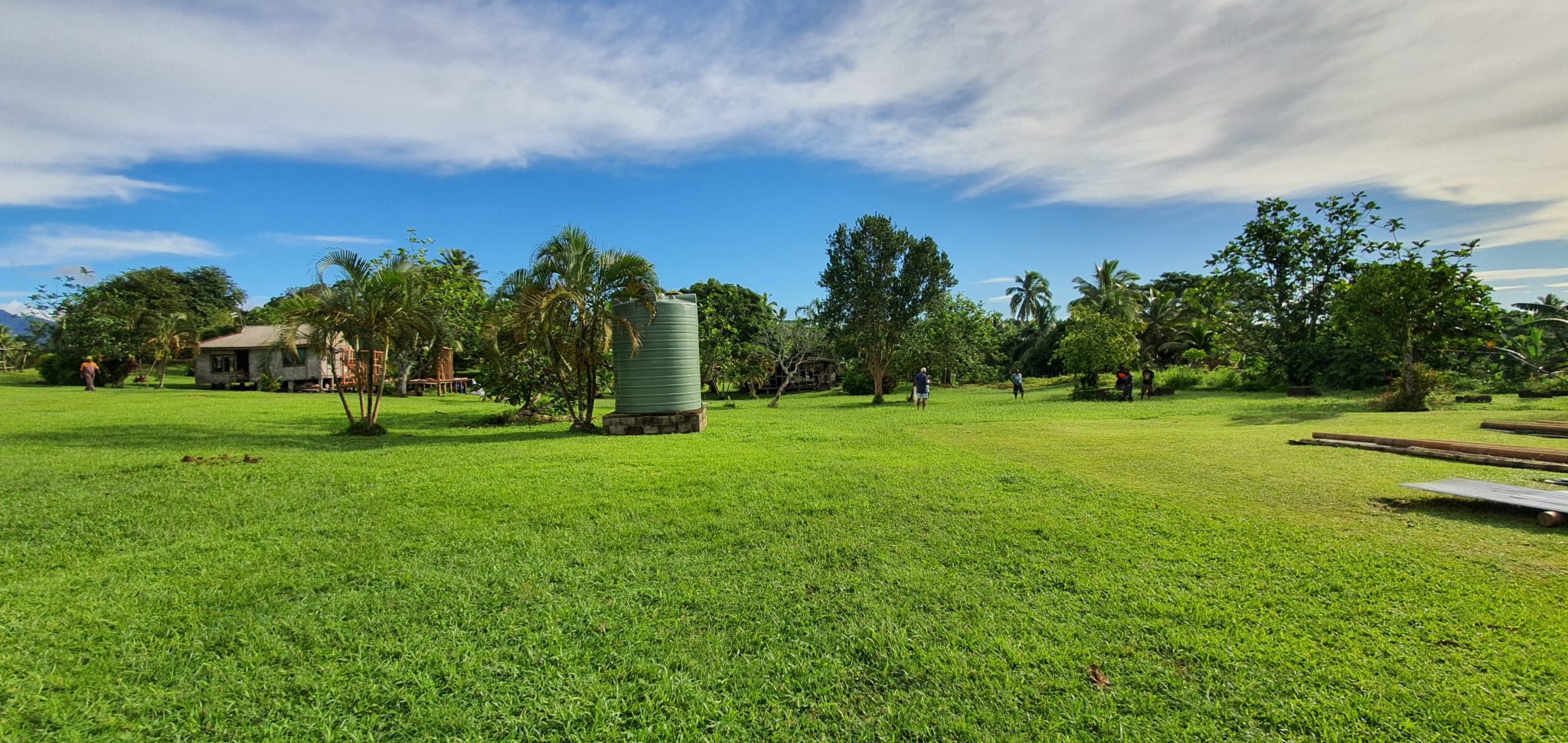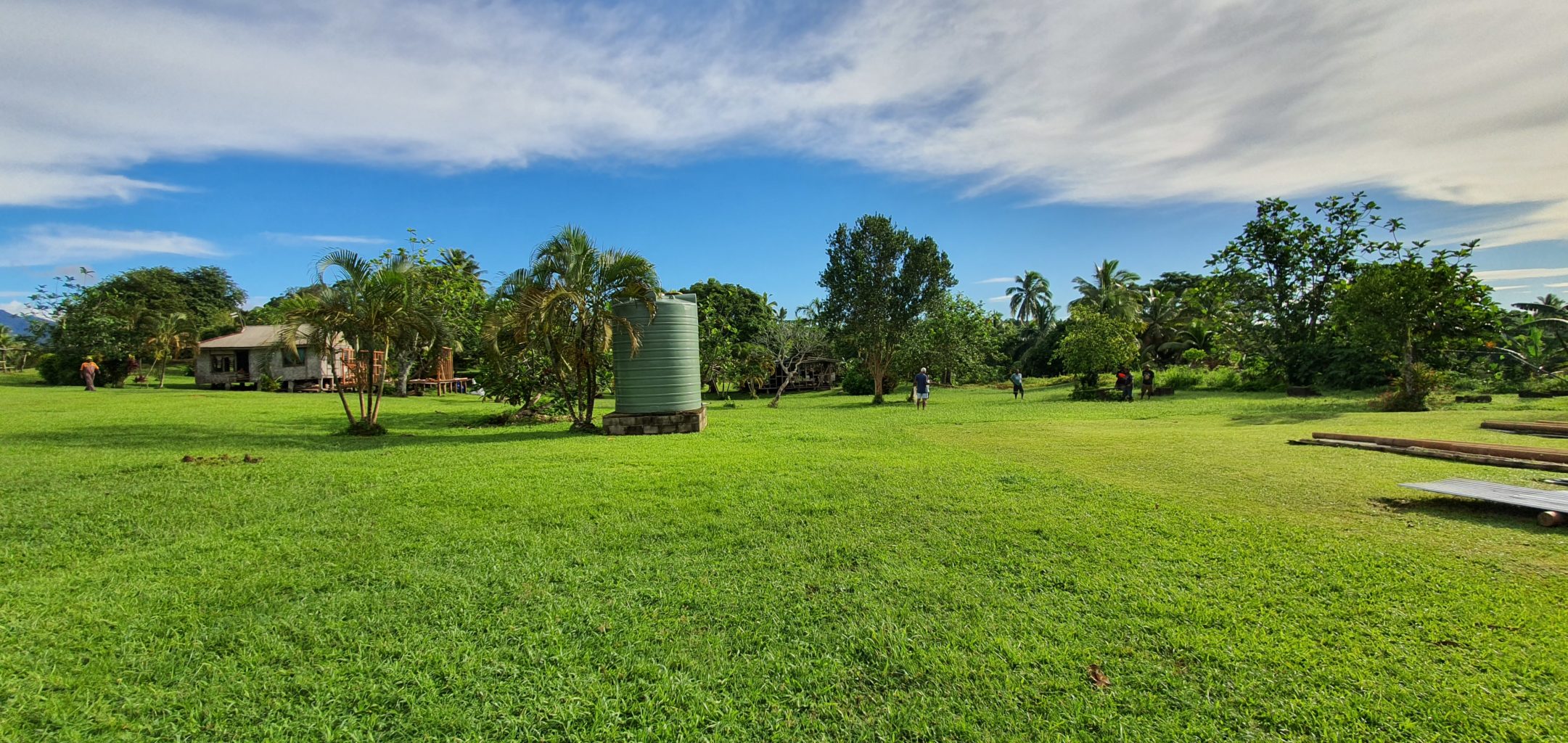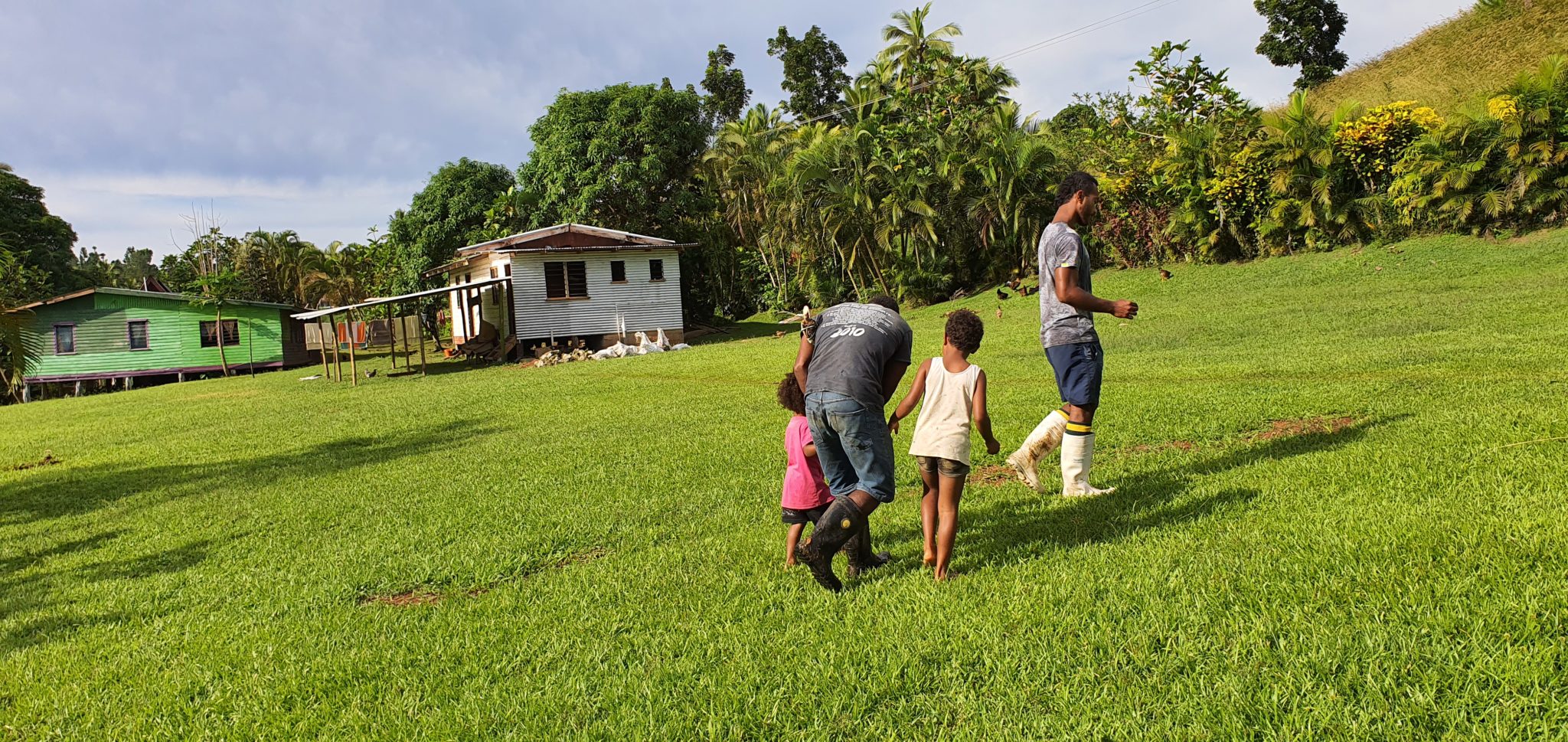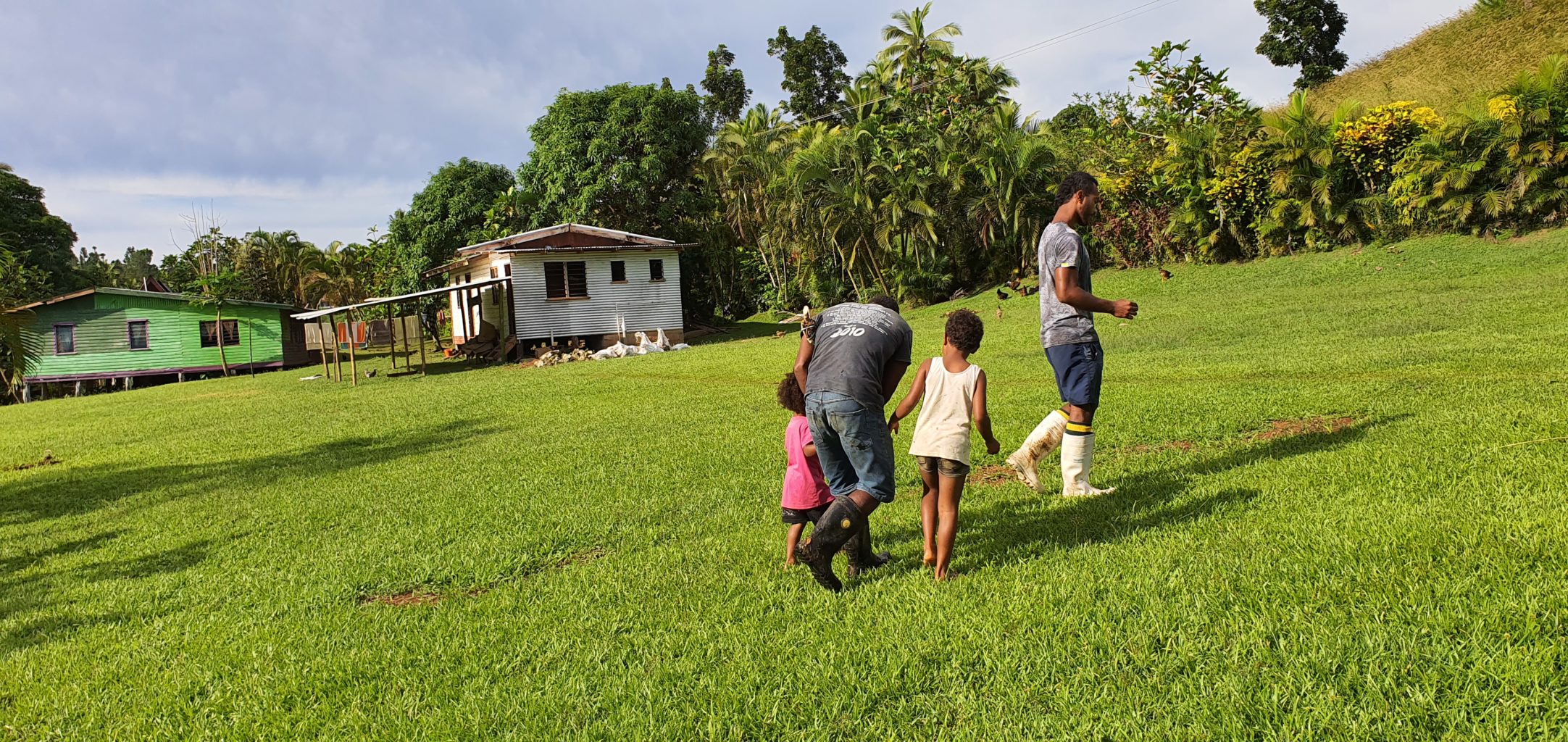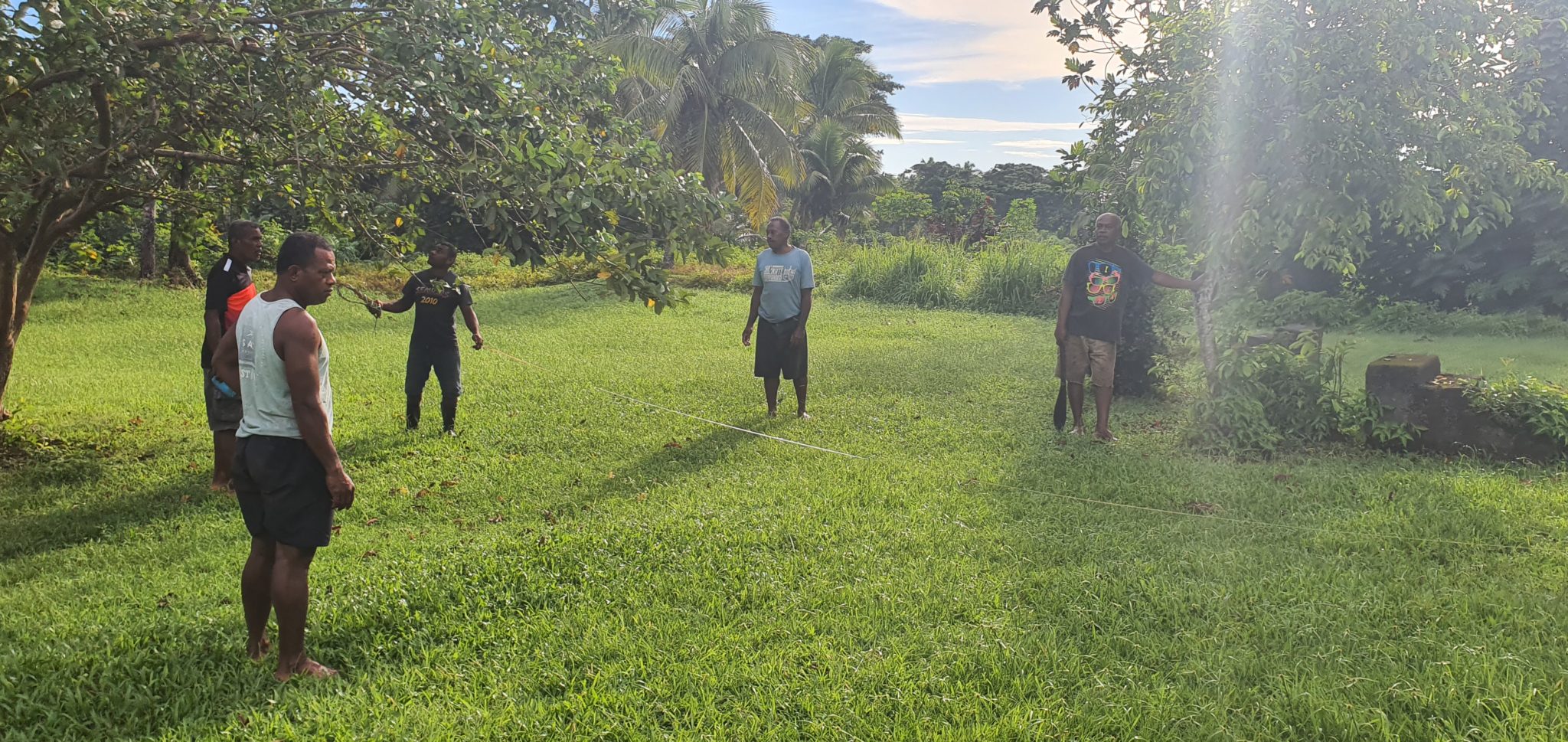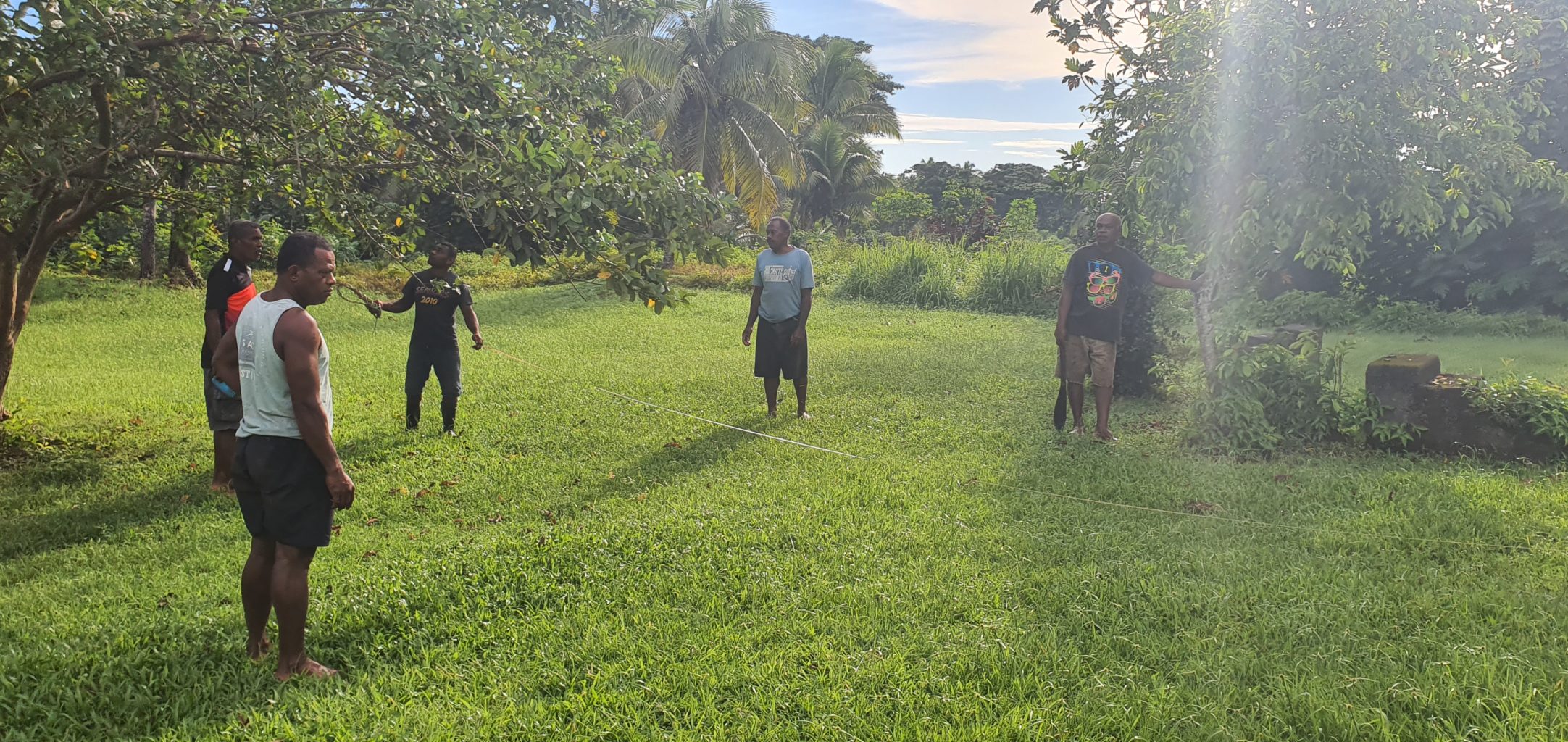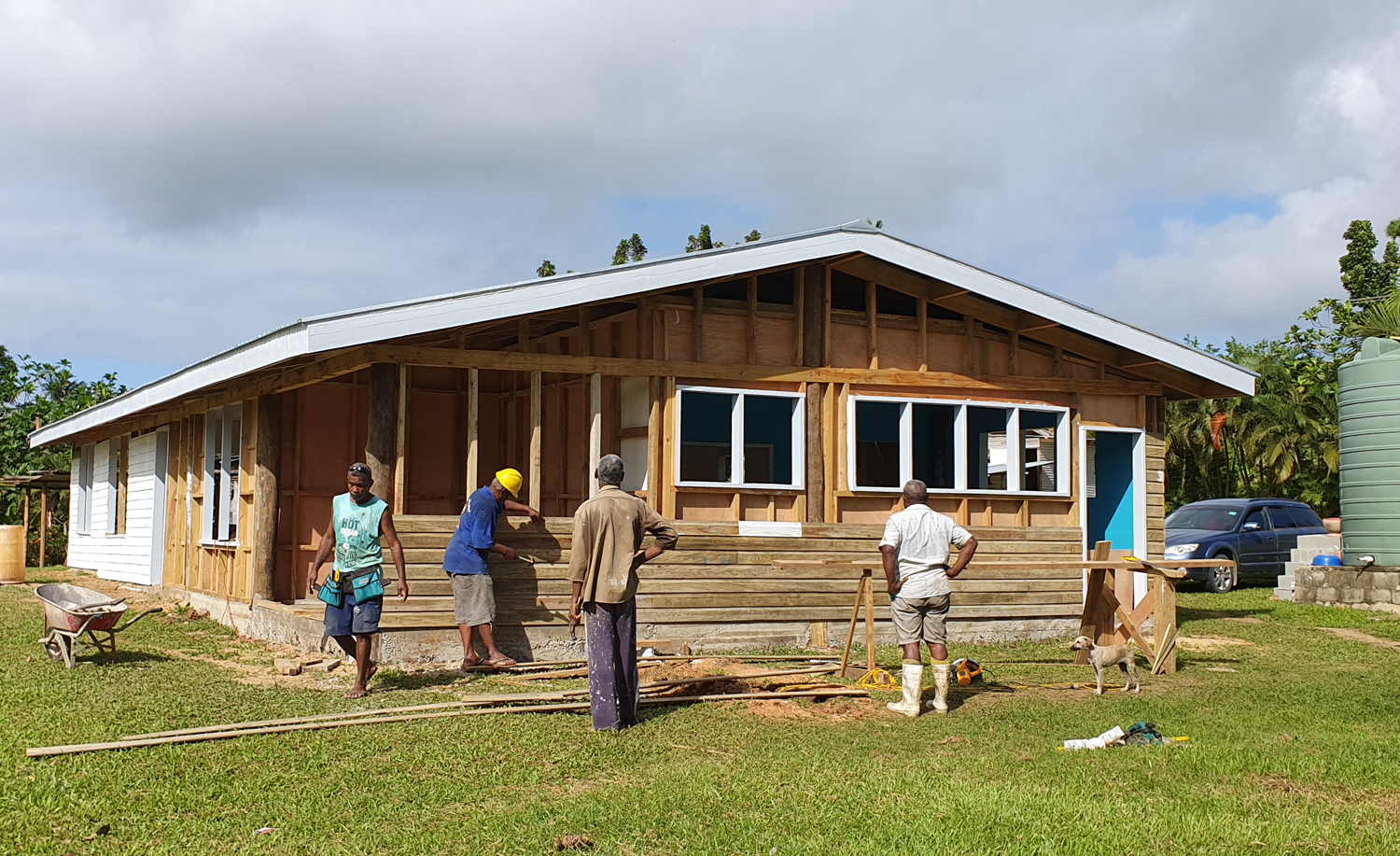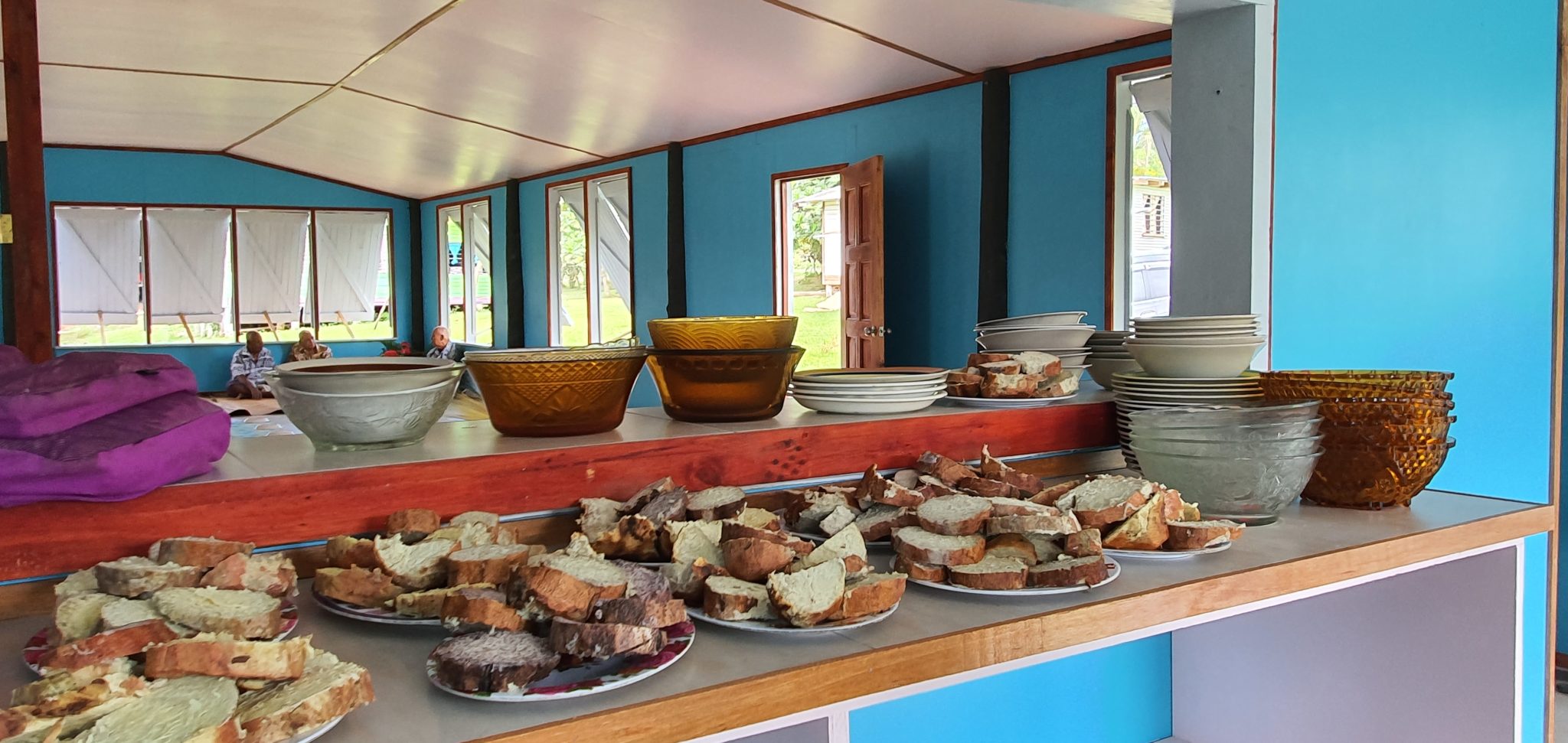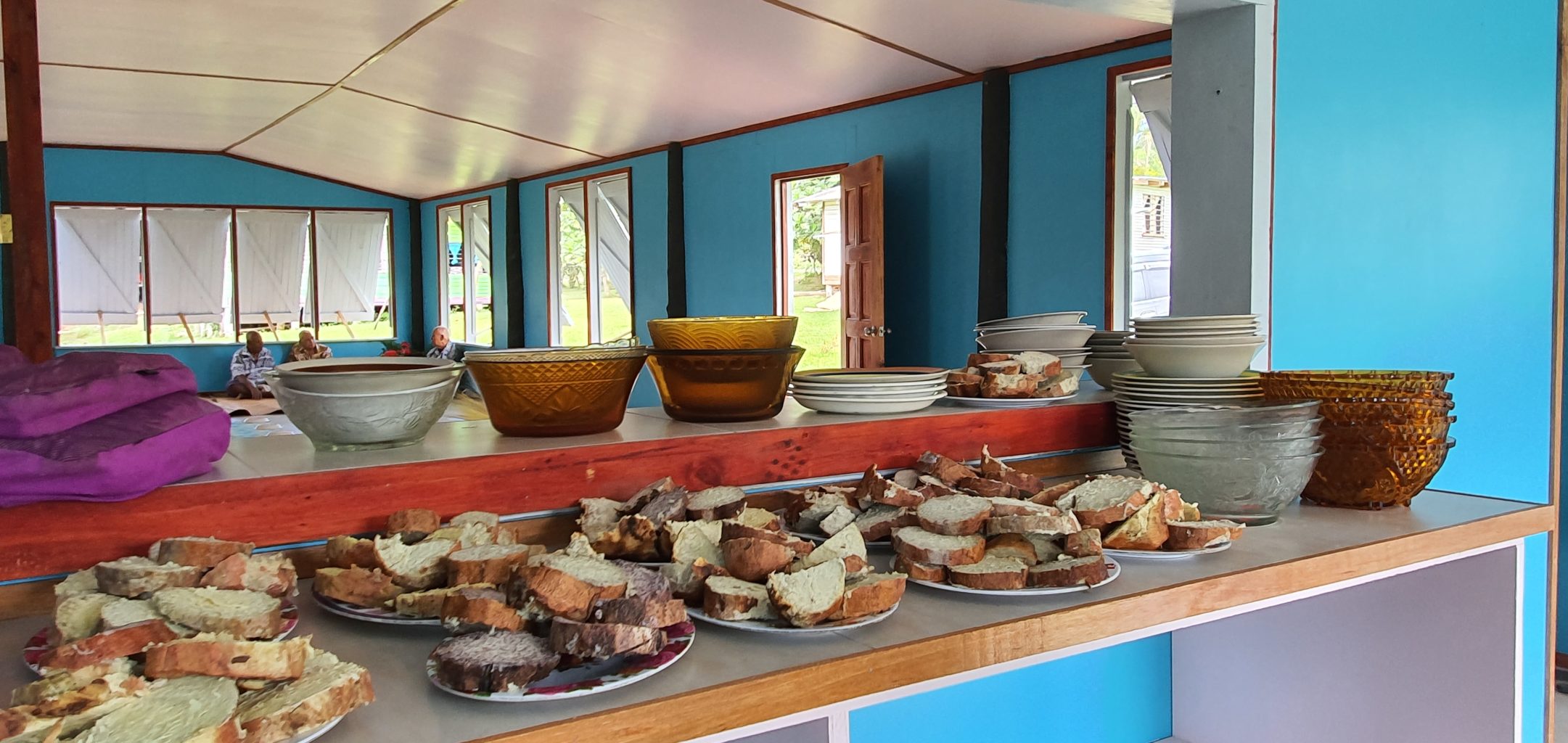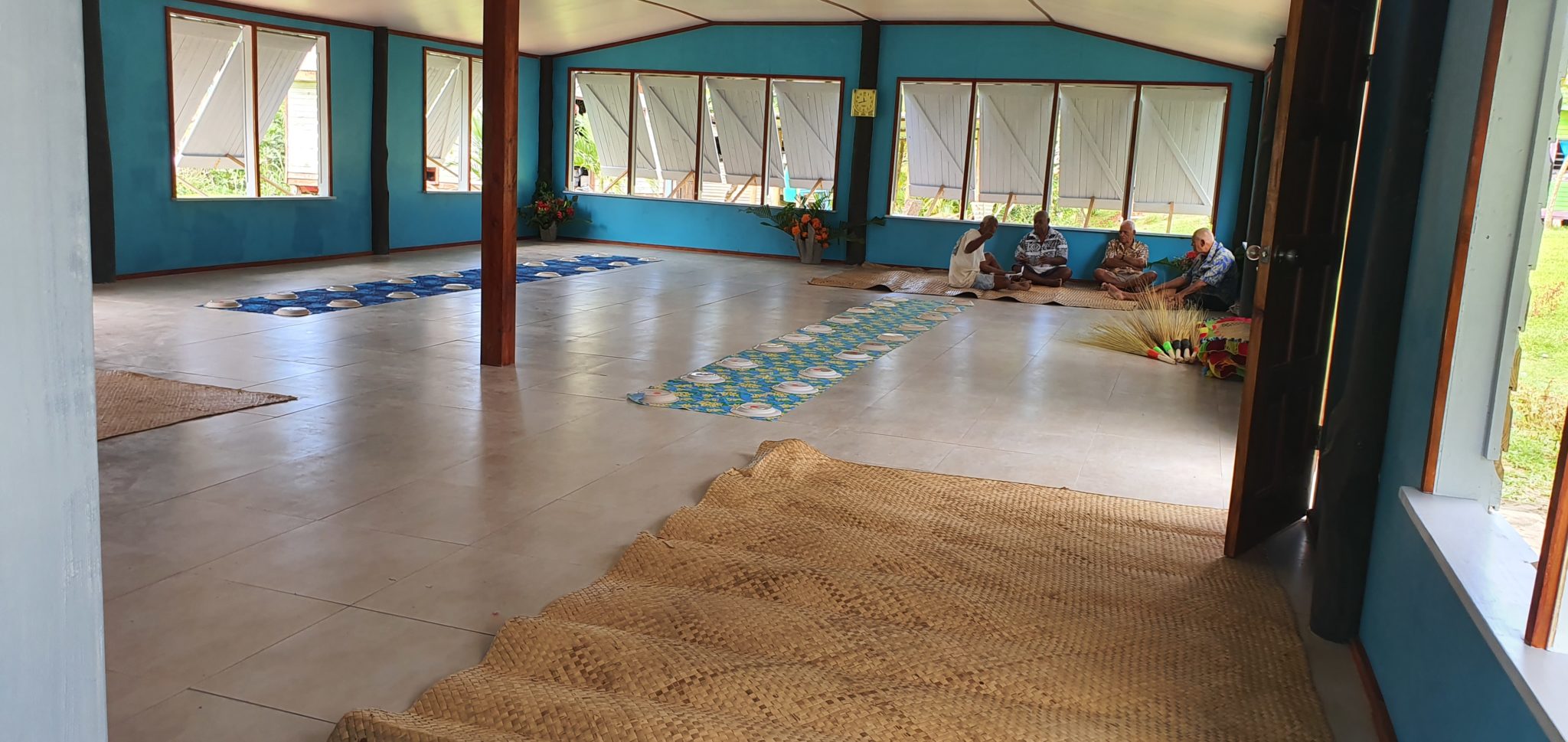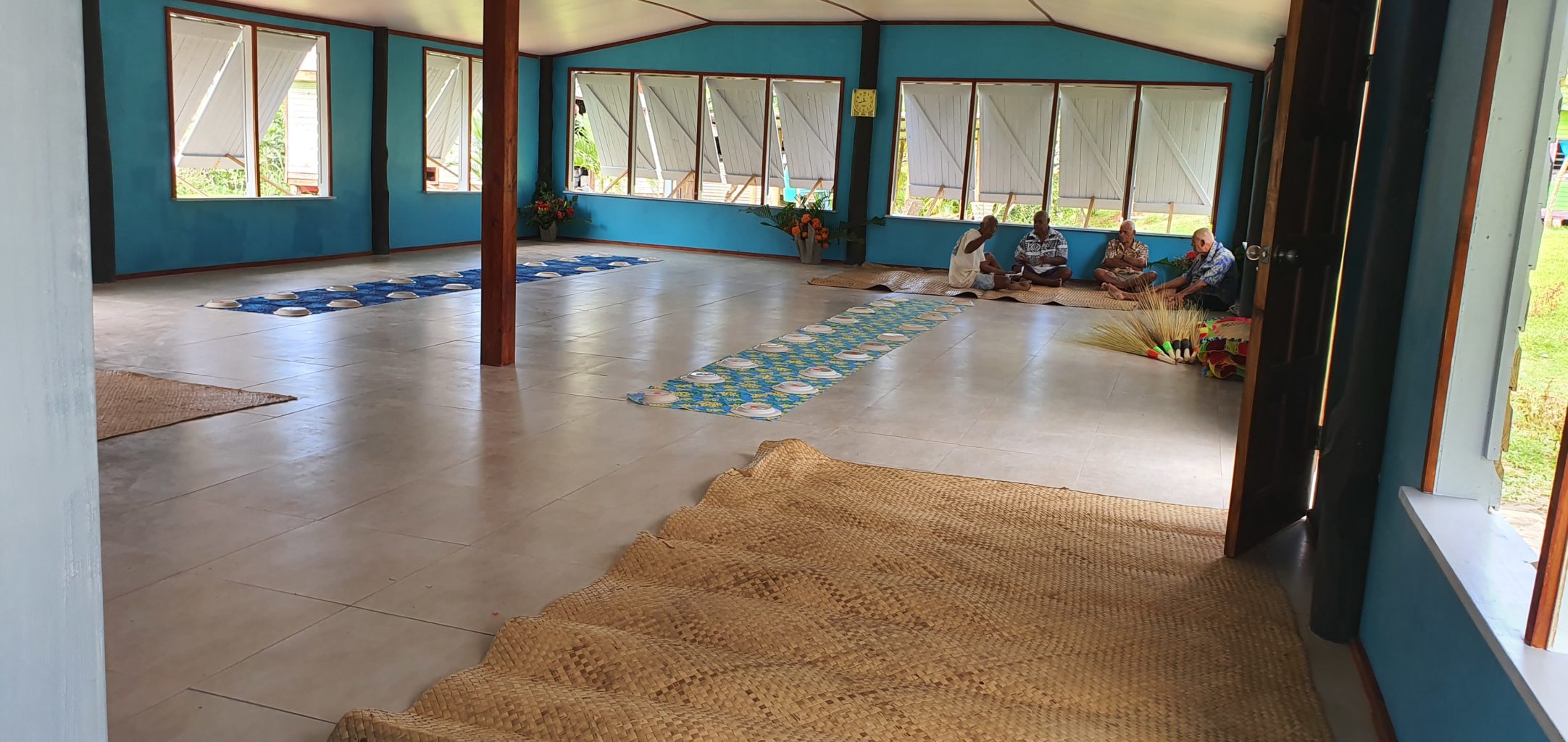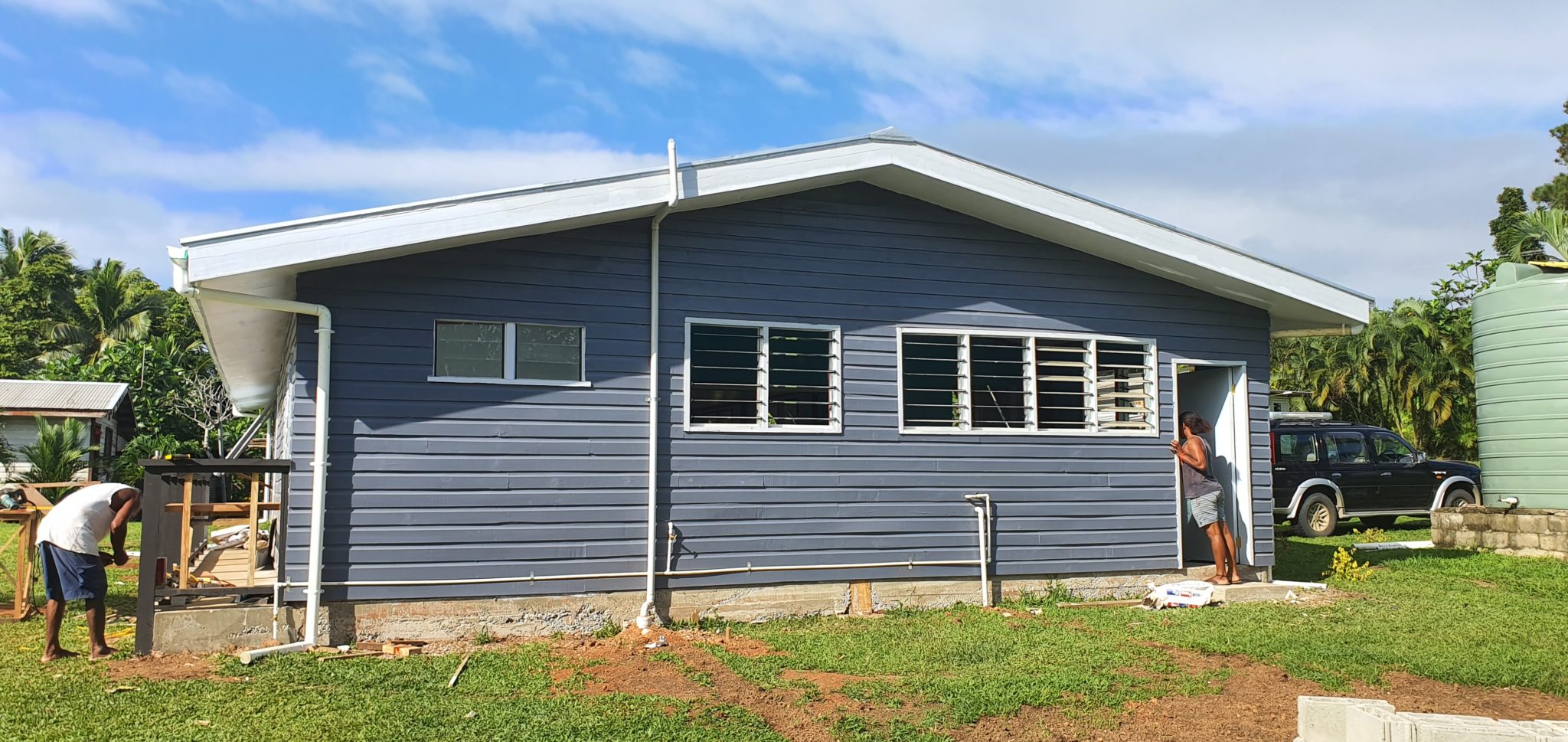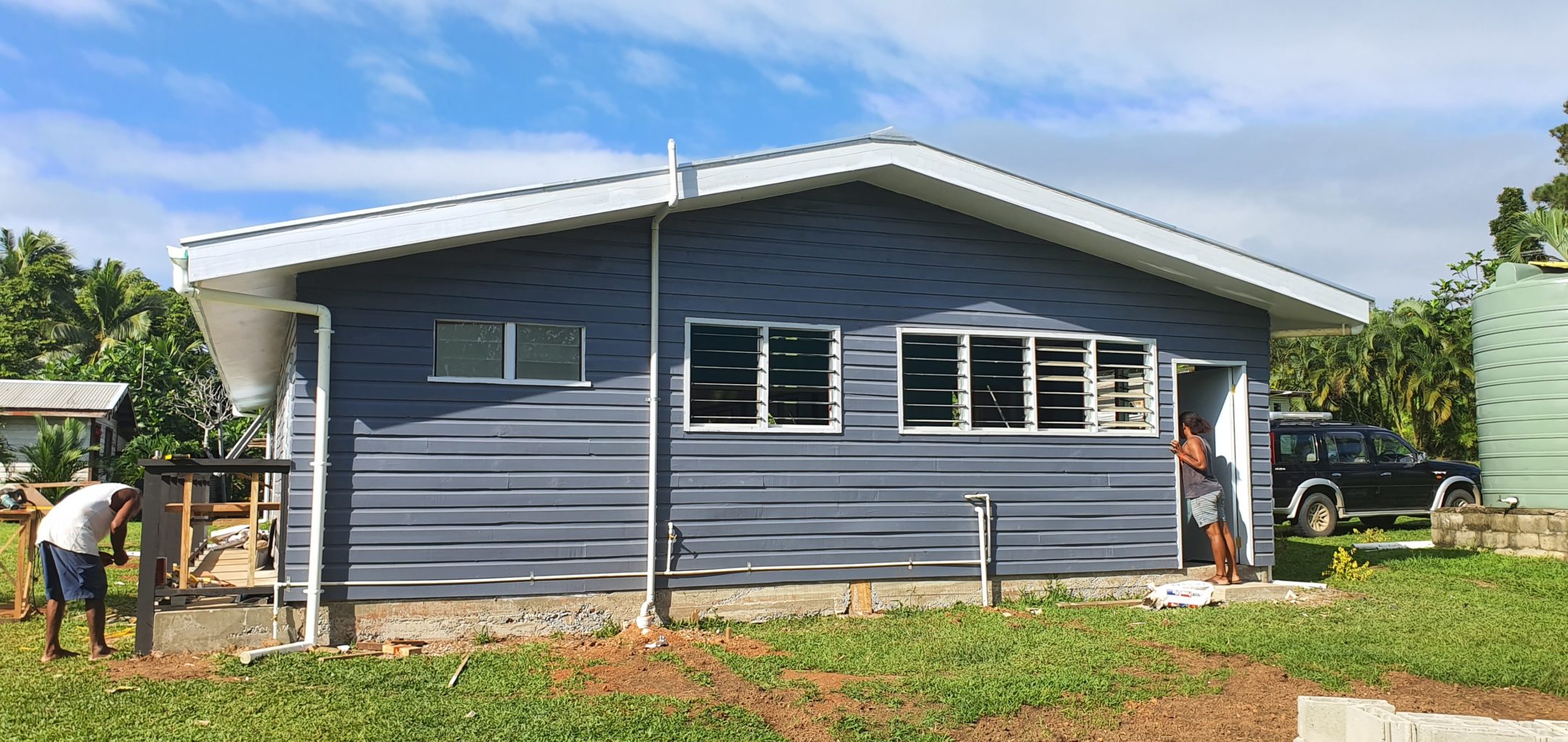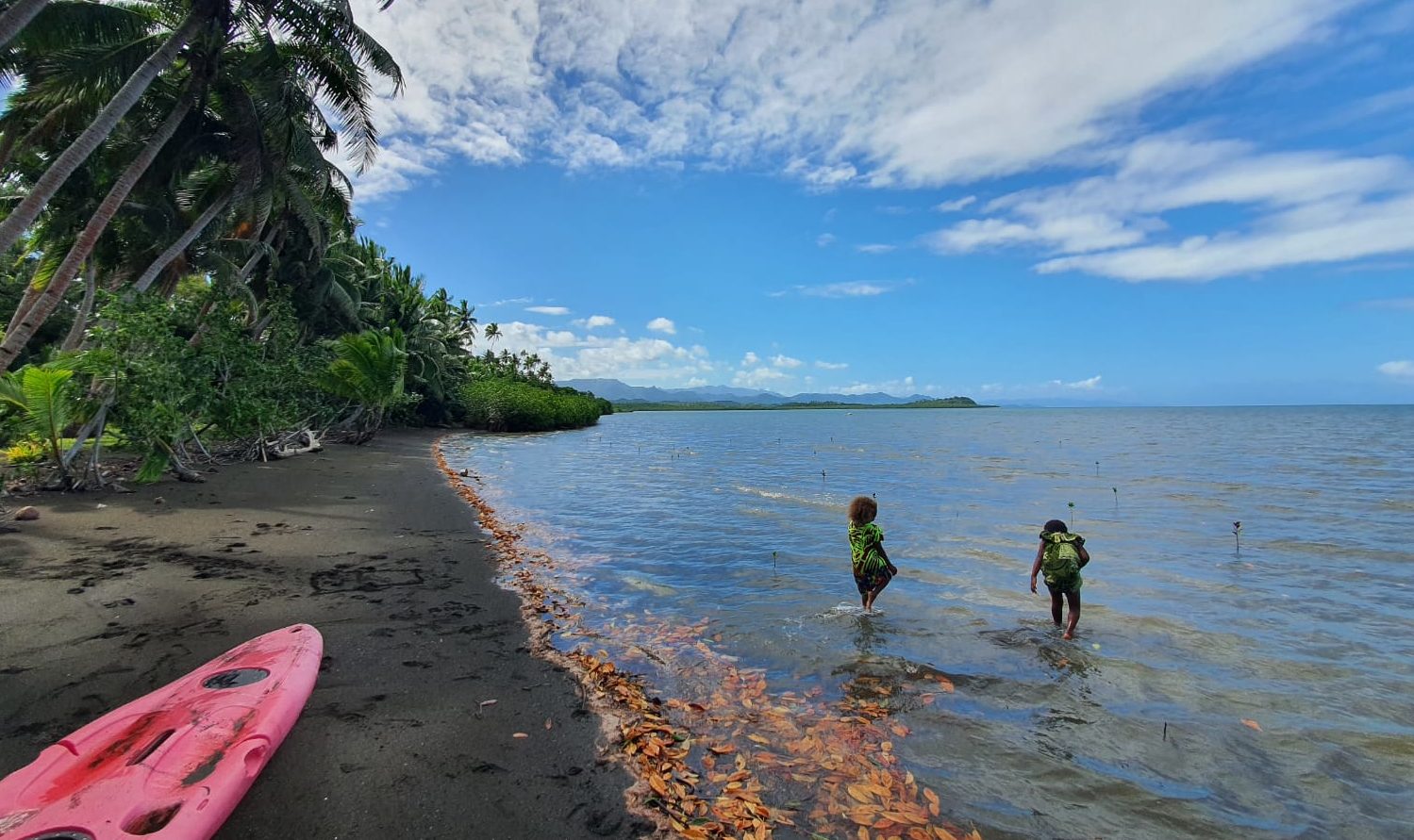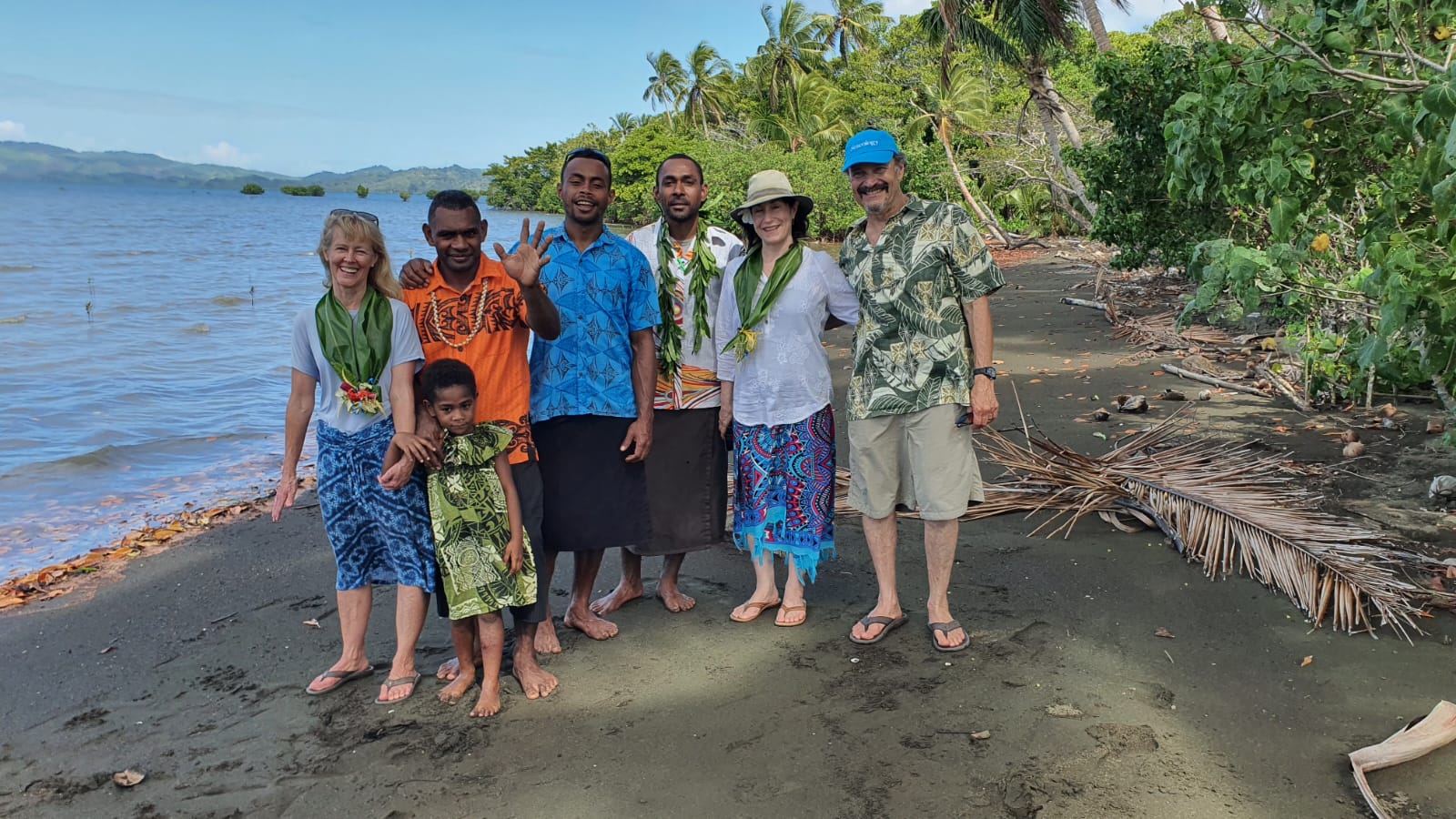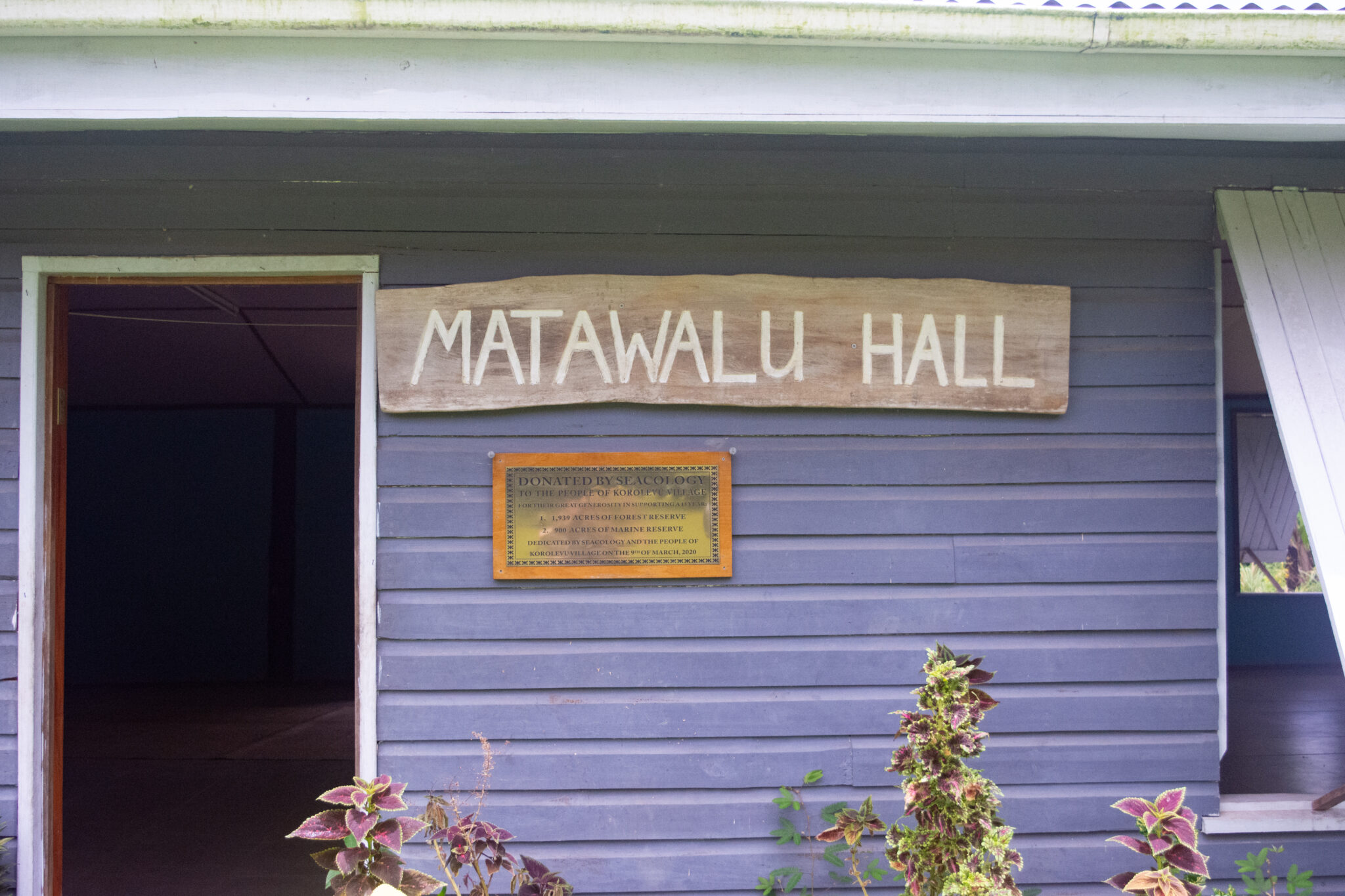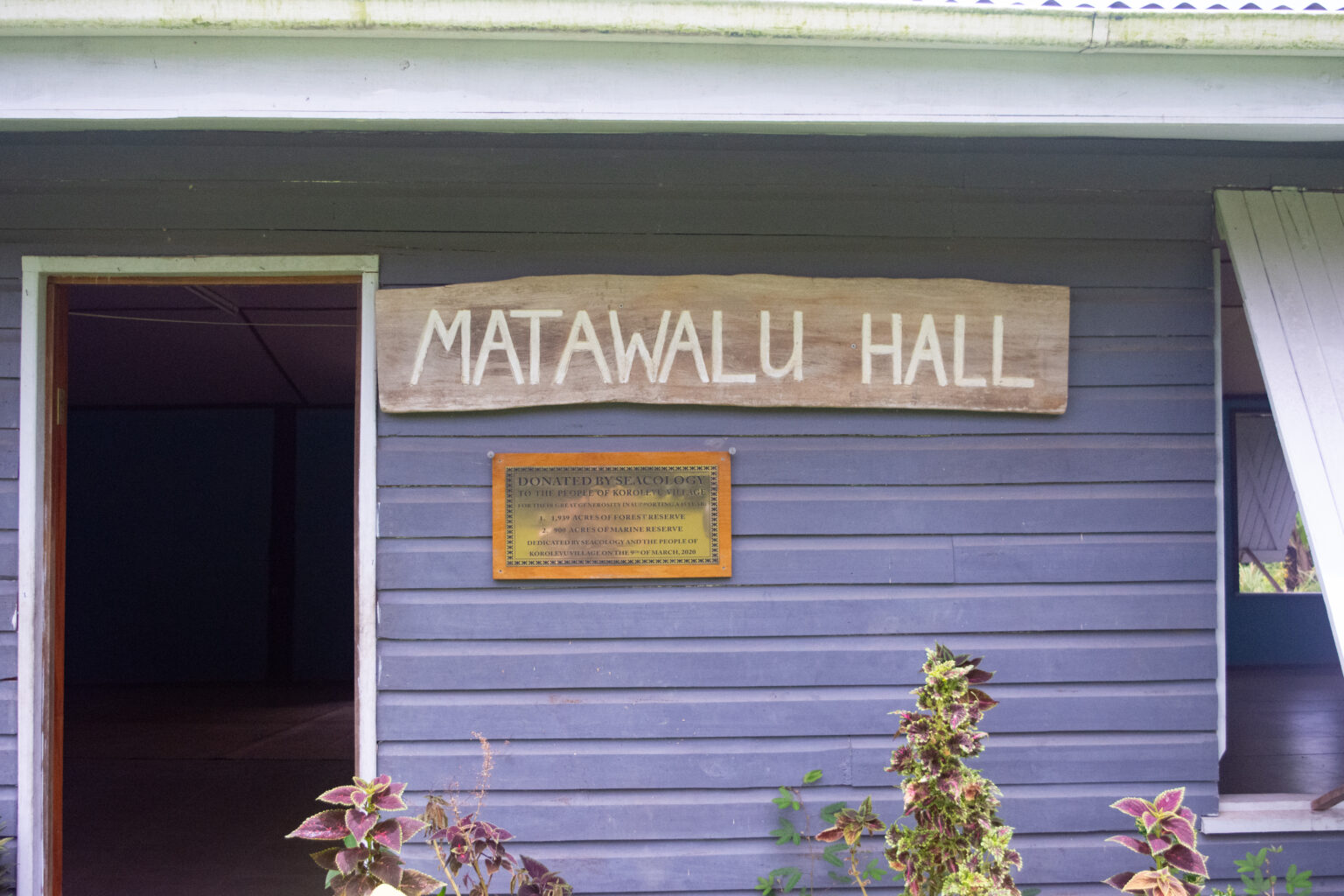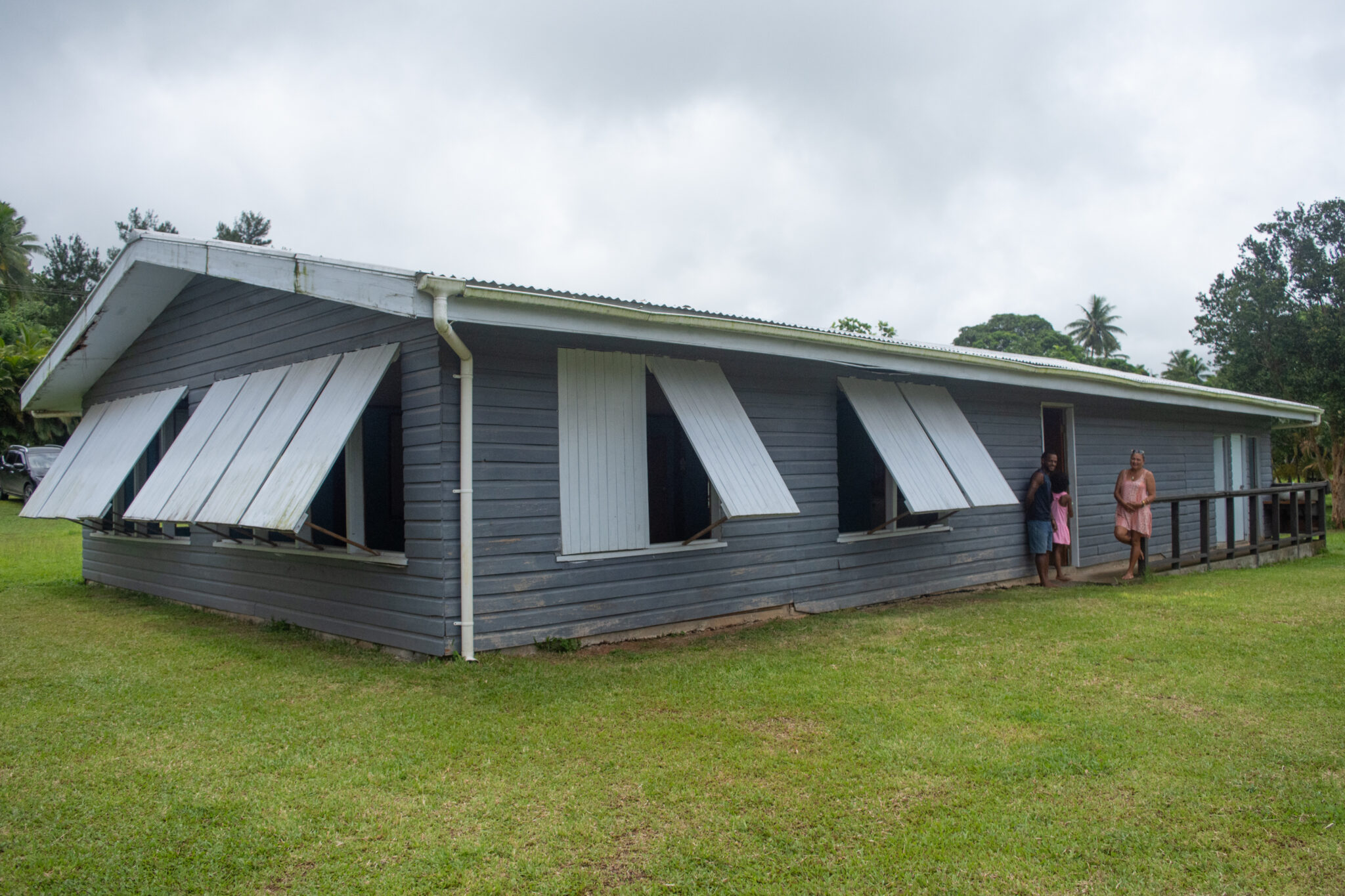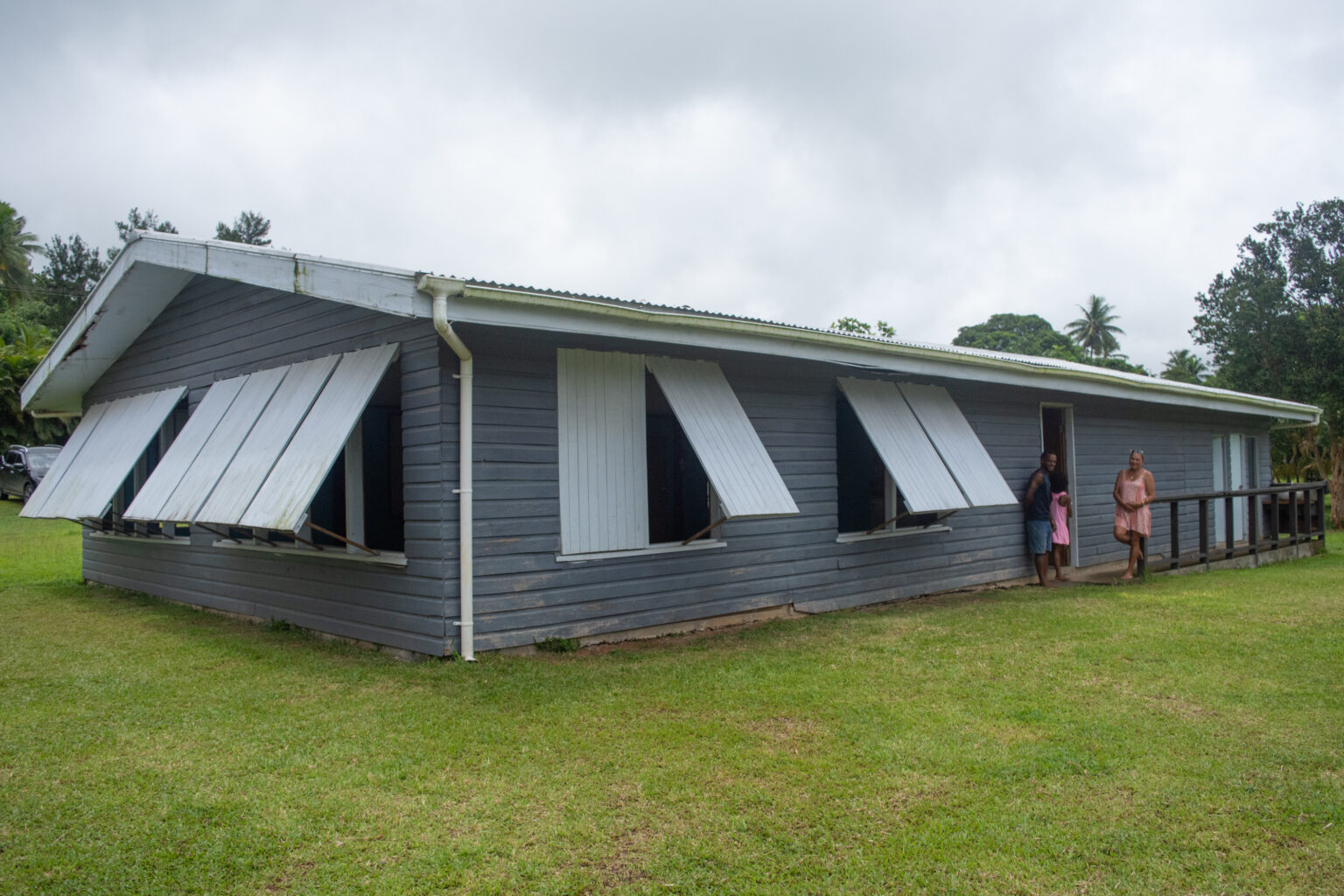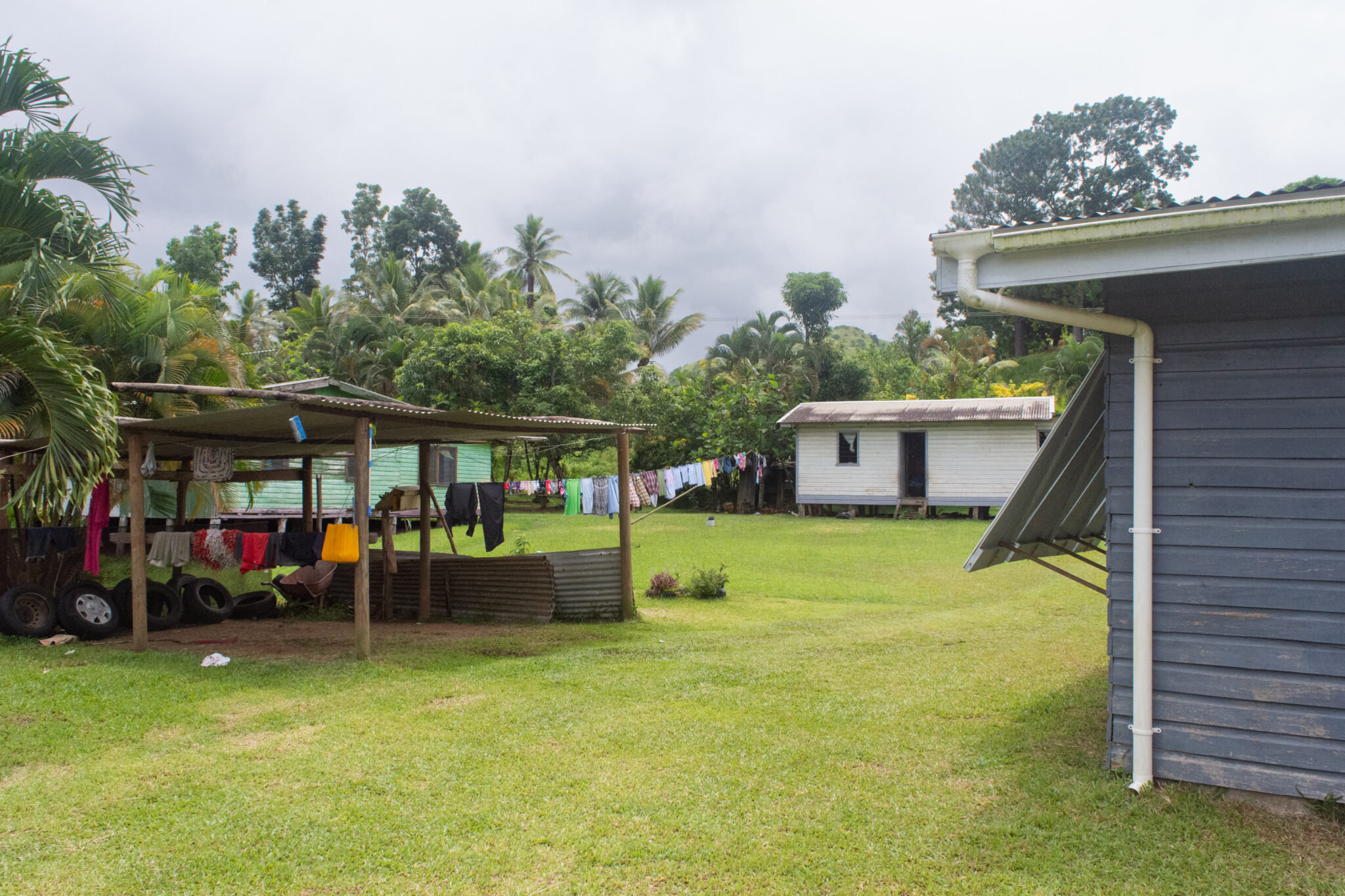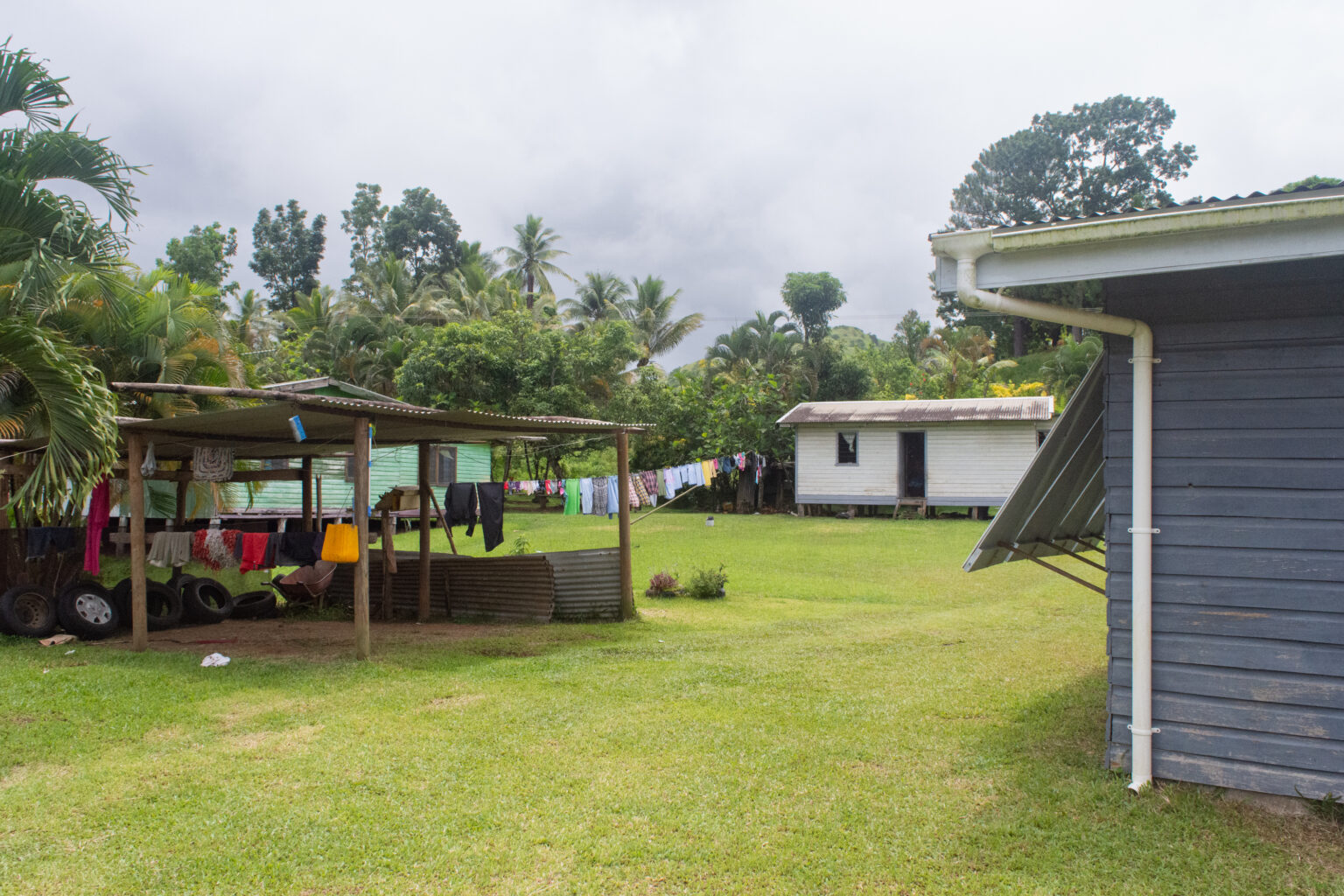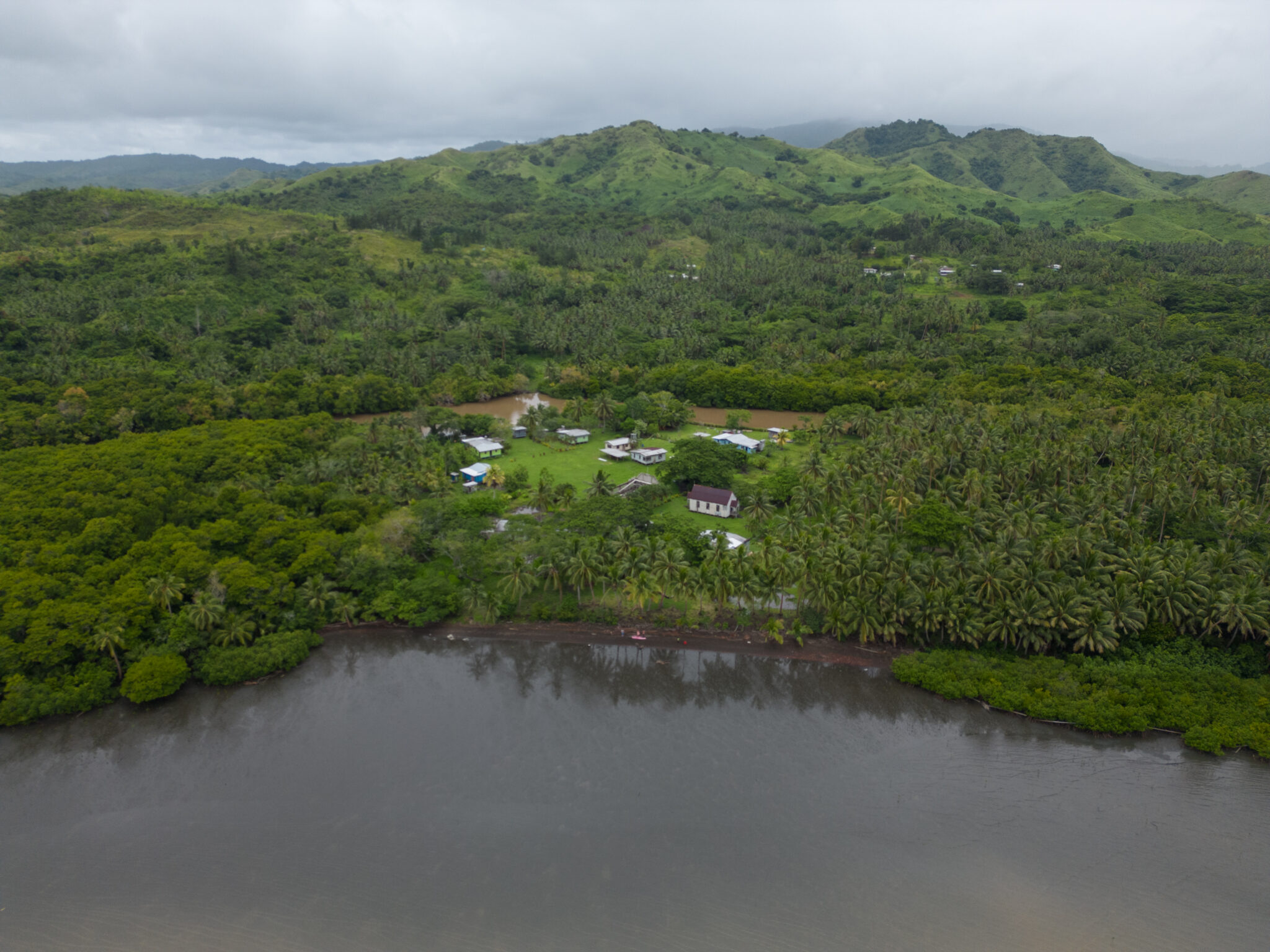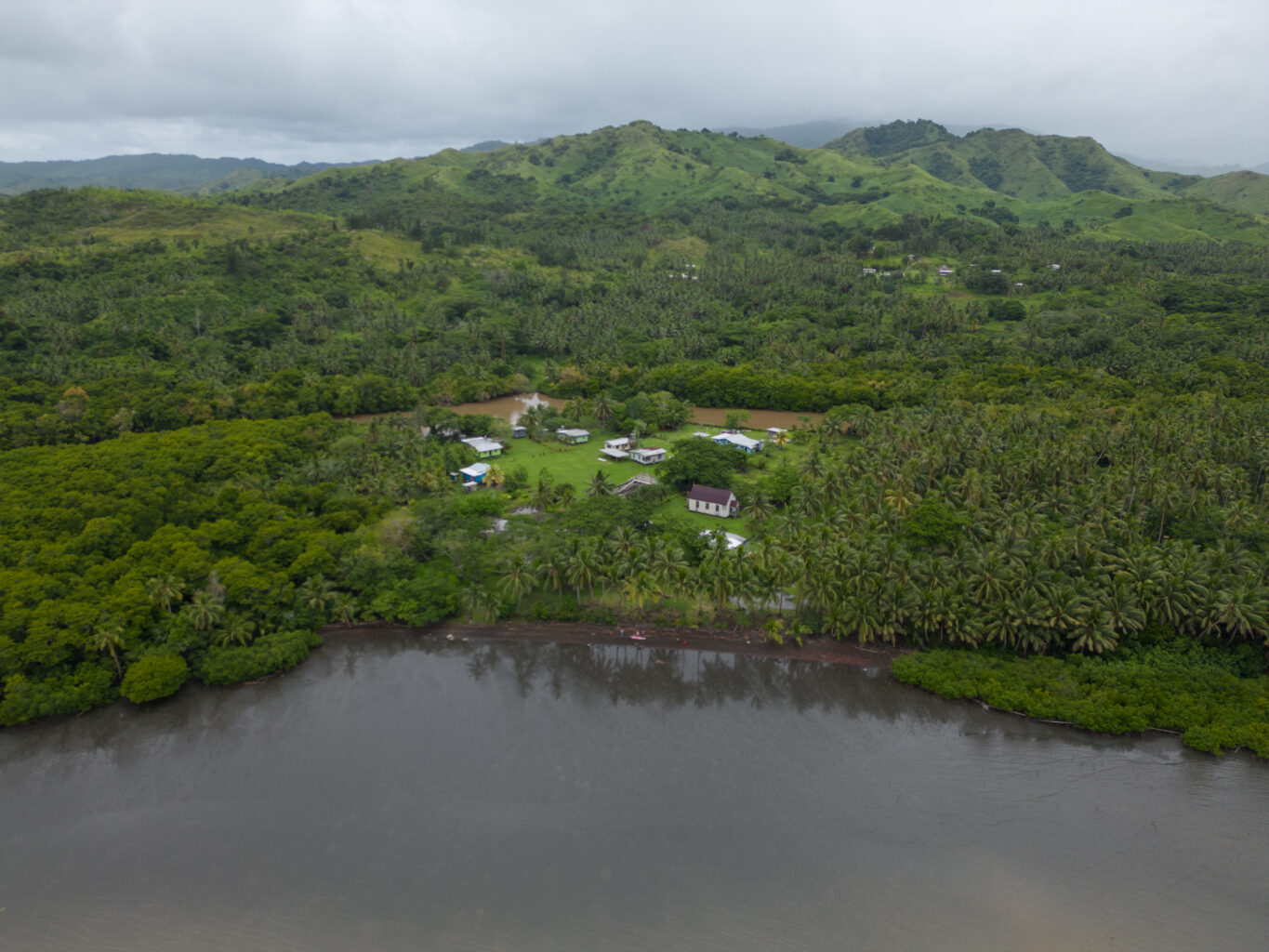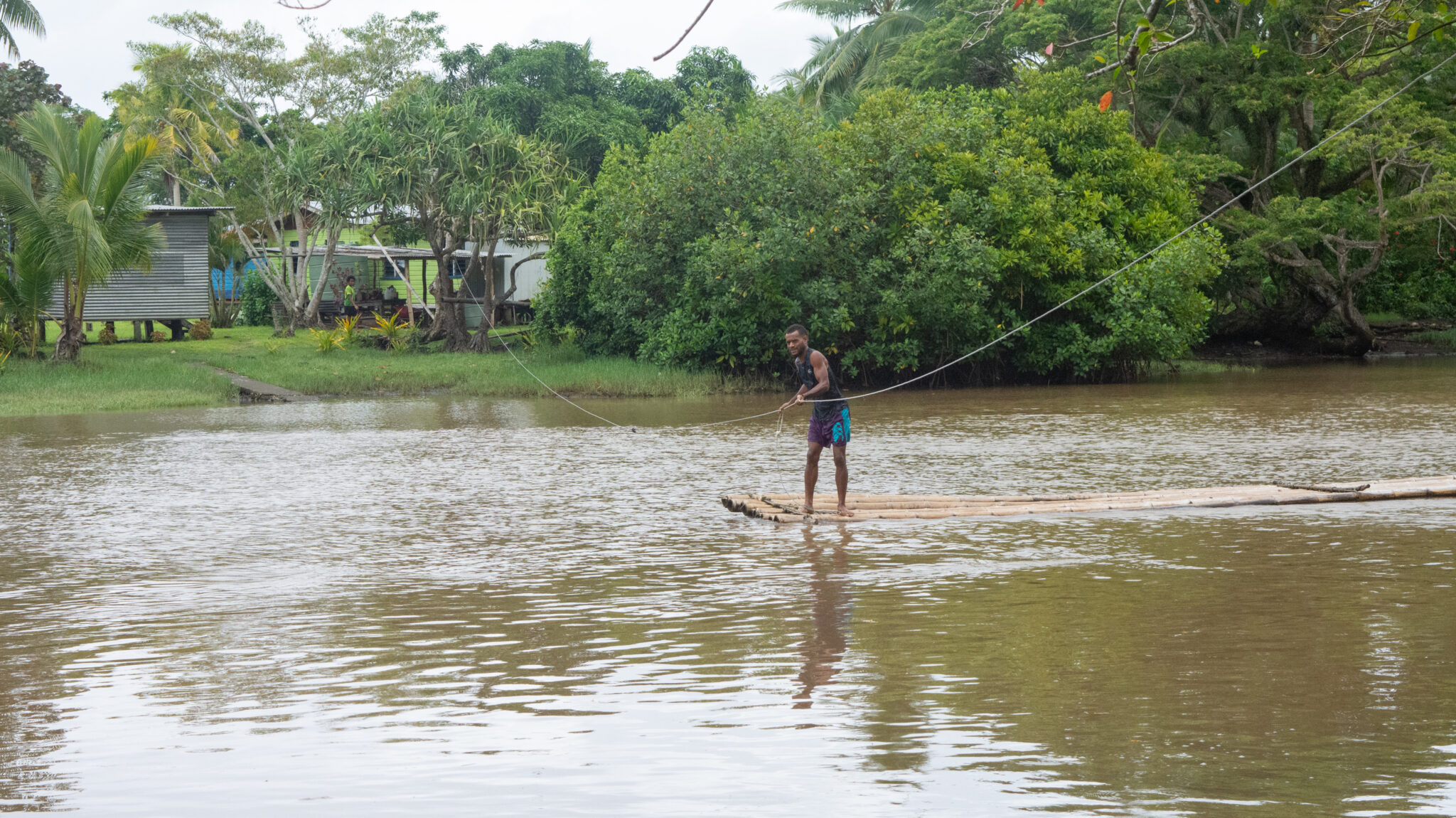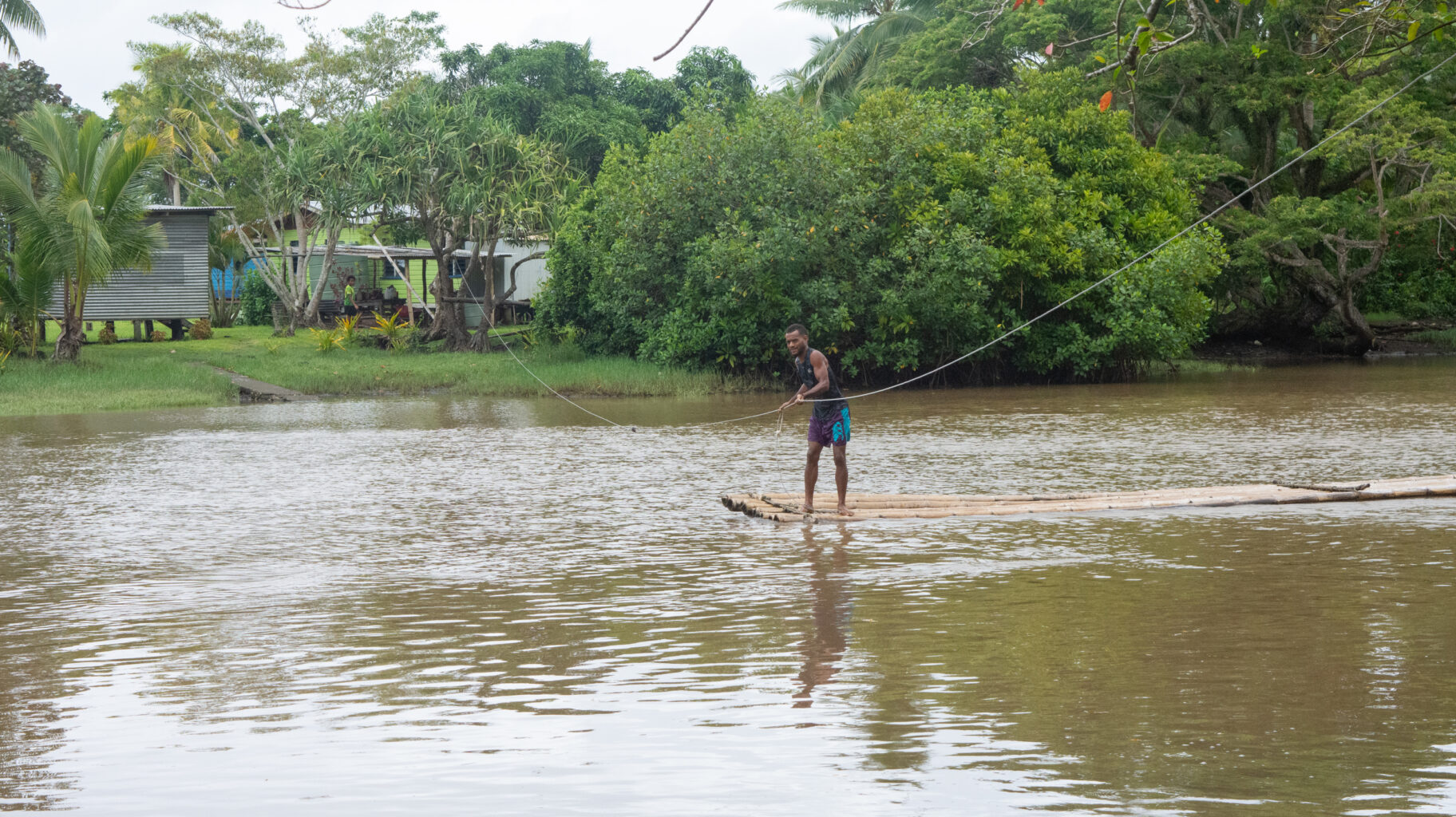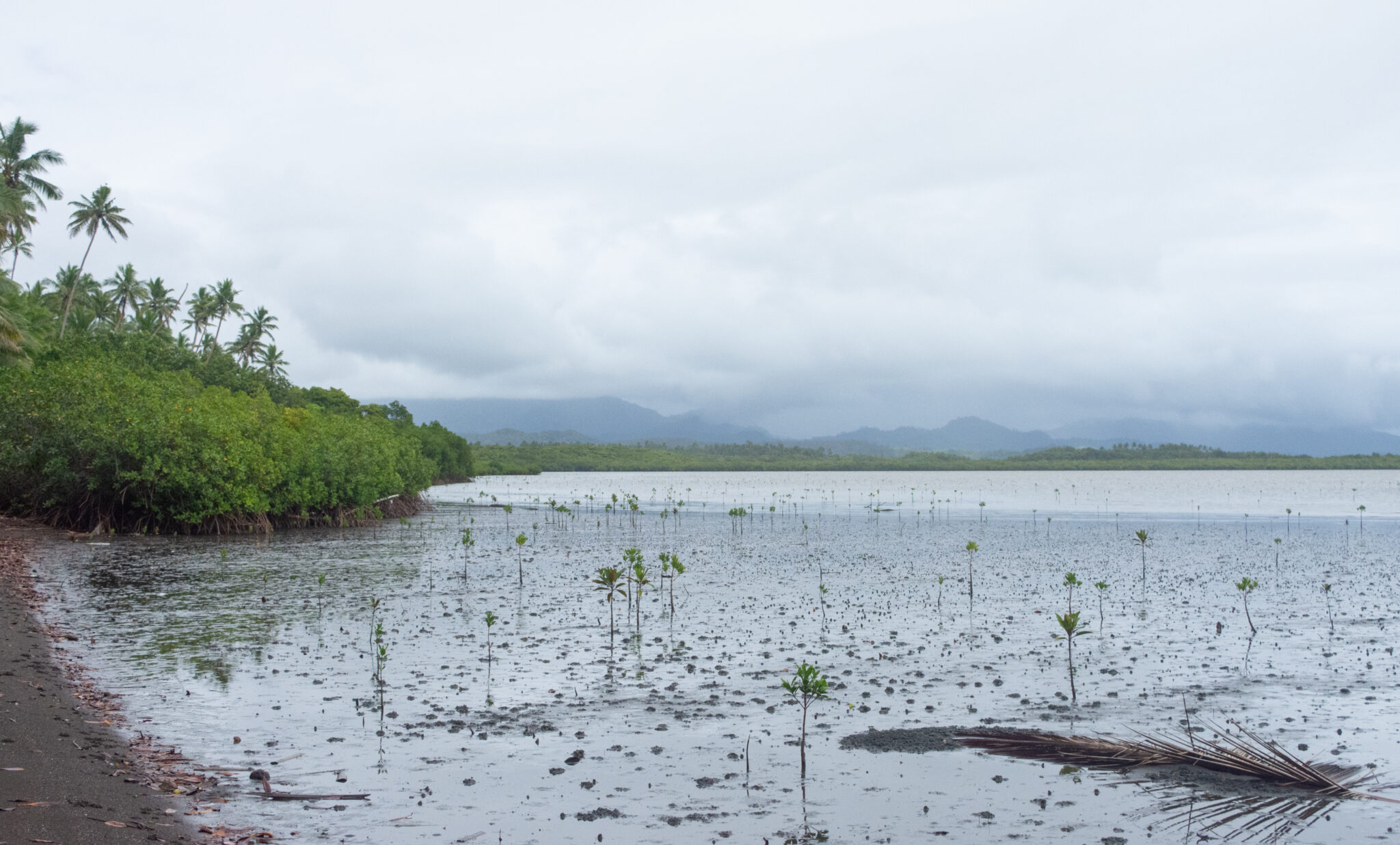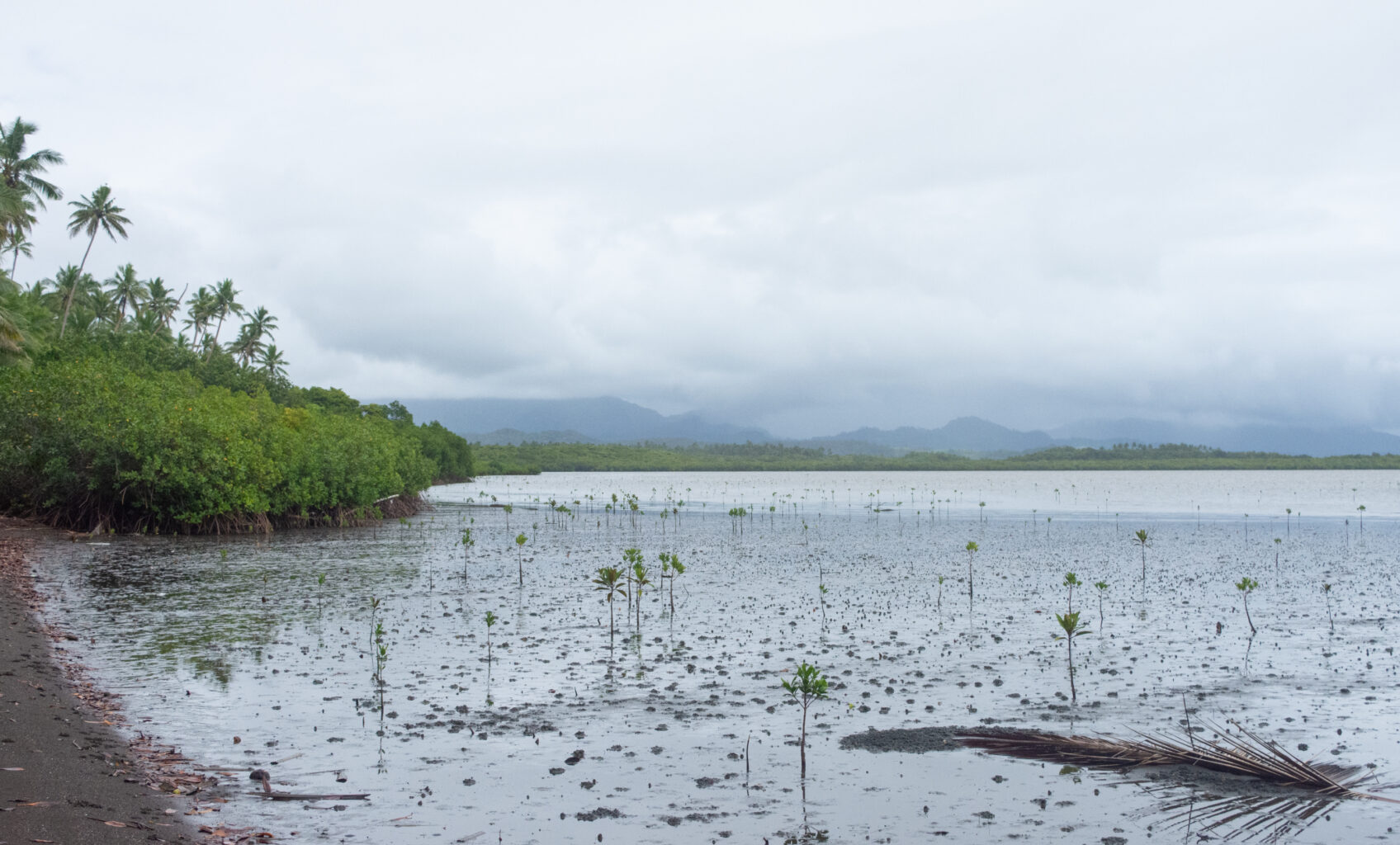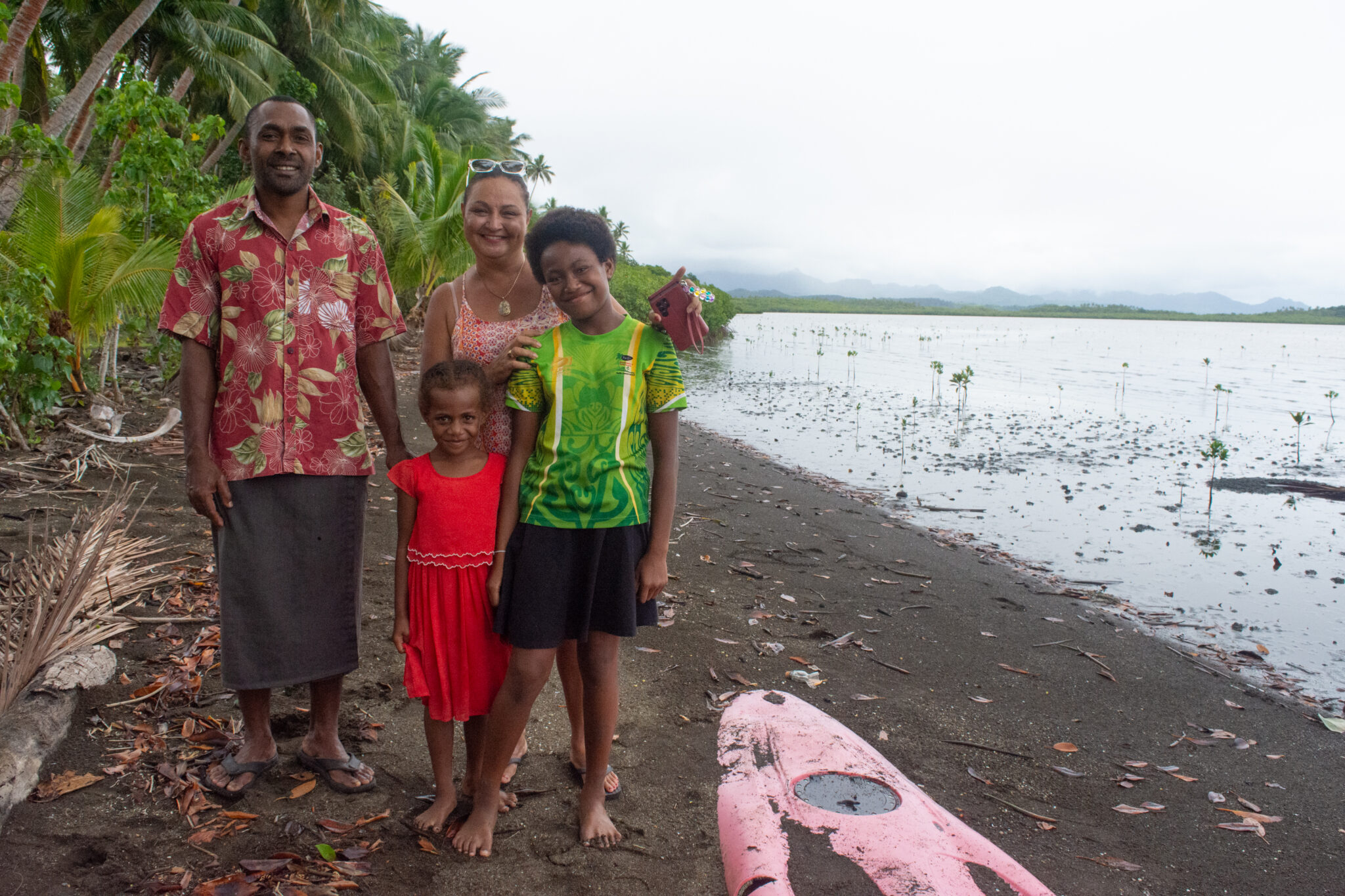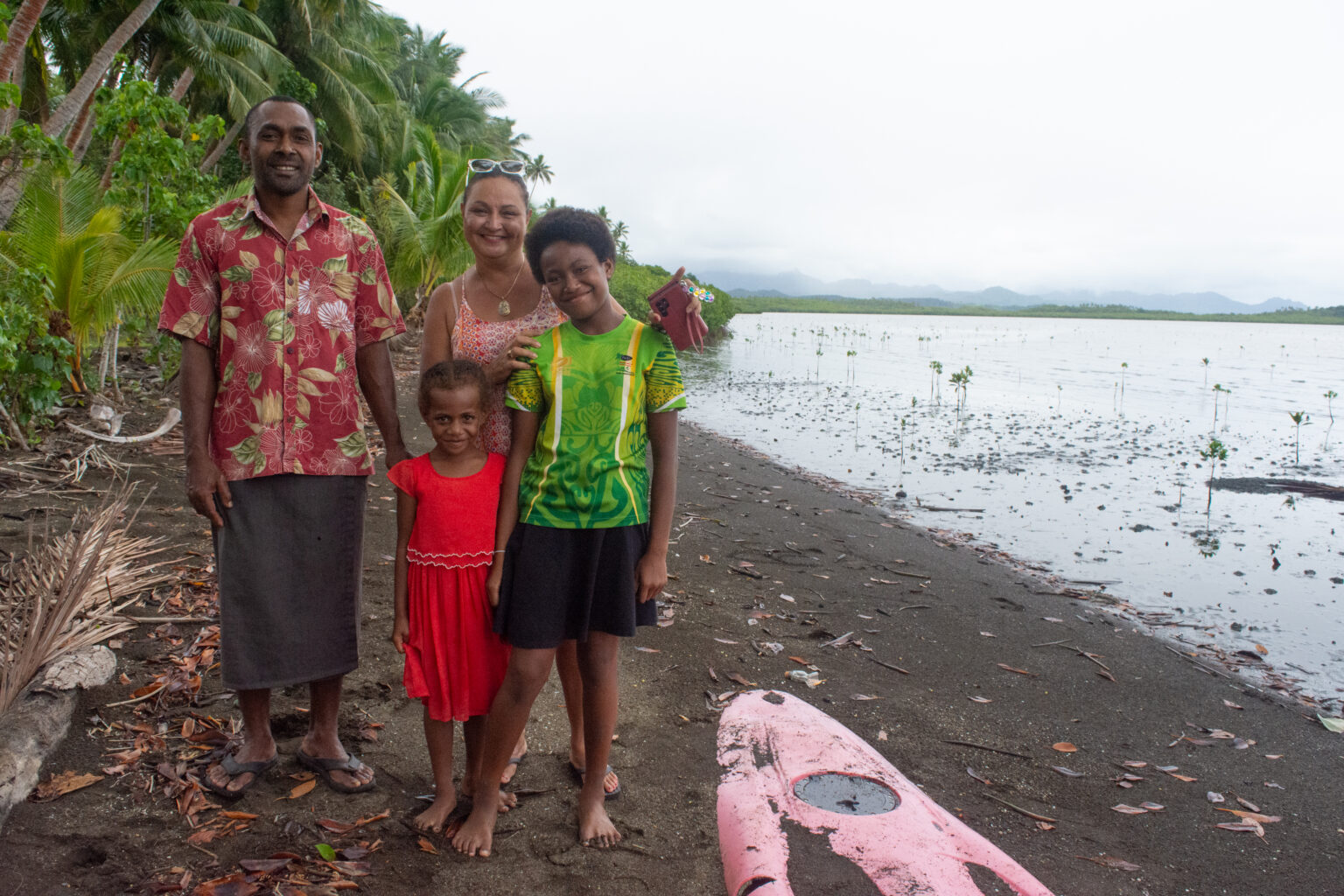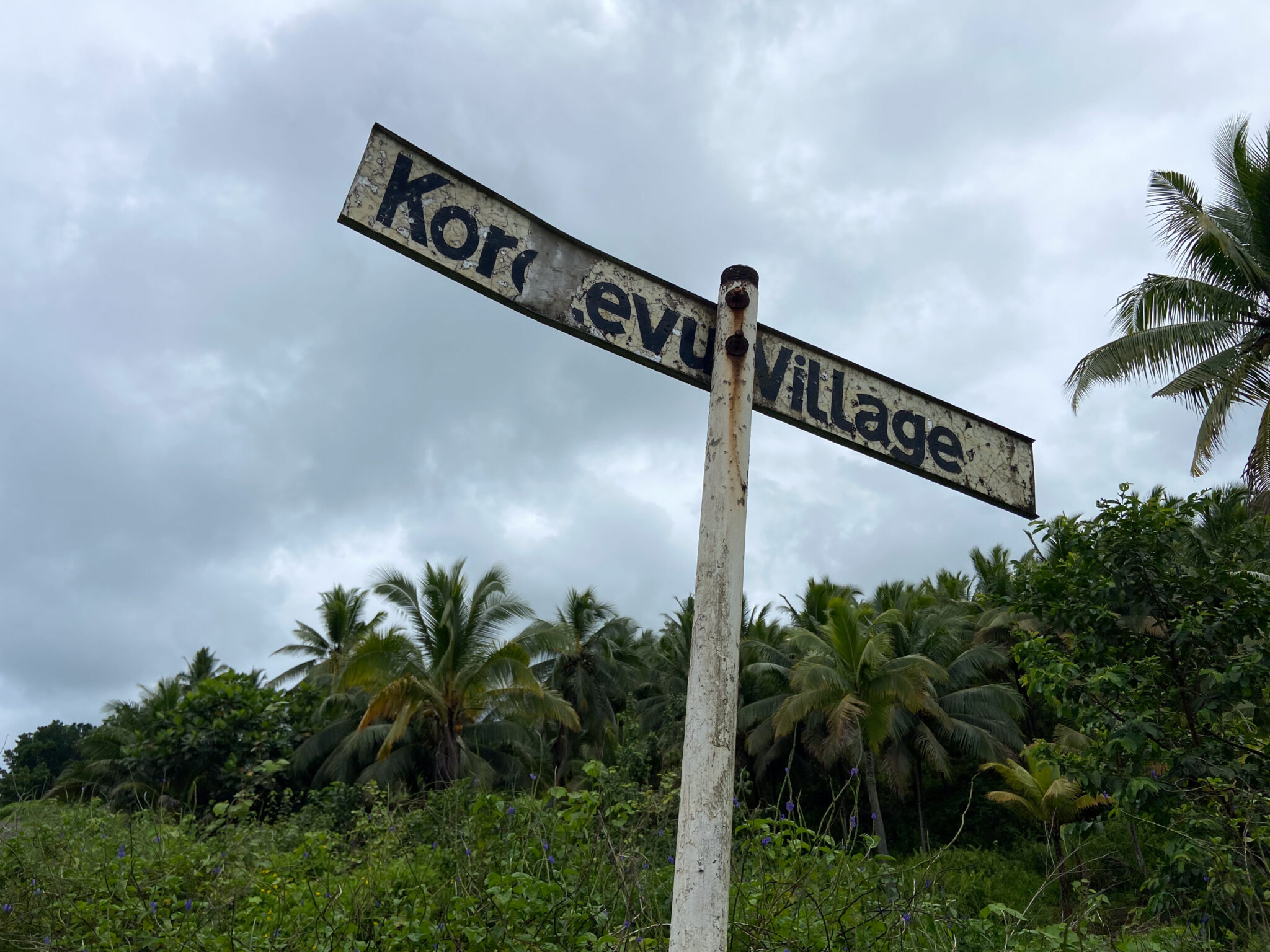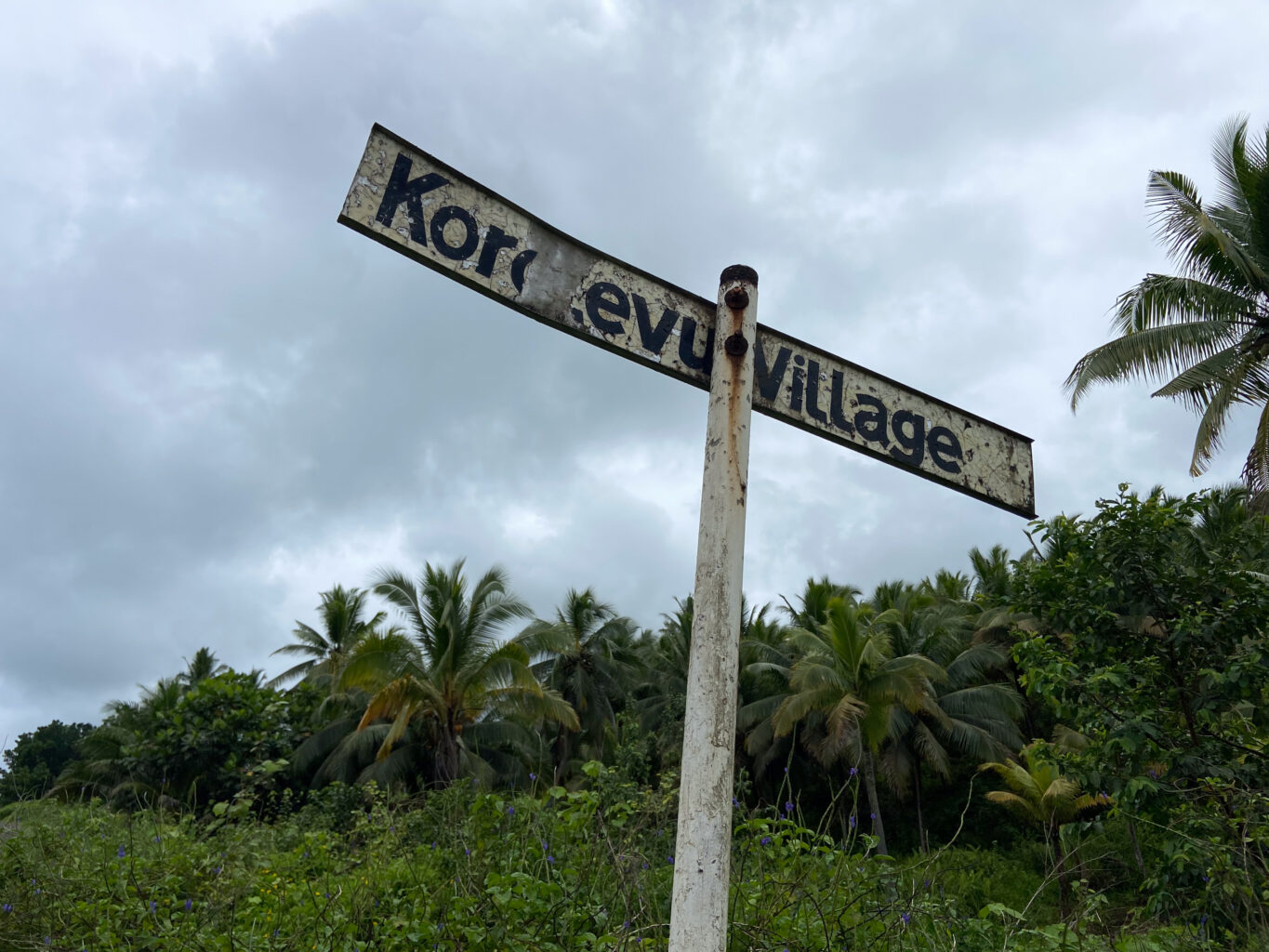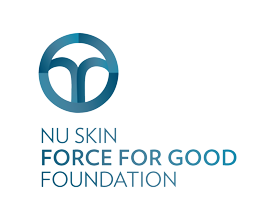The small village of Korolevu has shown a strong and sustained commitment to conservation. They began working to prevent environmental damage decades ago, after logging nearby caused the river to flood during heavy rains, and sediment muddied the bay. Village elders, seeing healthy forests and seas as the source of both their livelihoods and culture, refused to sell logging rights to their forest. They also planted mangroves and banned catching prawns to avoid overharvesting.
Despite their efforts, the village has been devastated by climate change. As king tides became higher and more dangerous, people have been forced to move to higher ground. The relocation is still going on.
The community has committed to set aside 1,939 acres of forest, which contain many native tree species. It will also protect about 900 acres of mangrove and sea, giving up part of its current fishing ground.
The village will use a grant to build a community hall. Women will use the hall to screen-print sarongs, and to sew clothing, curtains, and quilts, which they sell in nearby towns. And as the sturdiest building in the village, it will likely serve as a shelter when cyclones hit.
The building will provide a comfortable place for kids to do schoolwork and also to learn traditional skills. Creating beautiful Fijian mats, fans, and baskets involves many steps: growing the pandanus plants; harvesting, drying, and curing the leaves; and finally, the meticulous weaving. Teaching young people these skills will preserve cultural knowledge and help them support their families.


